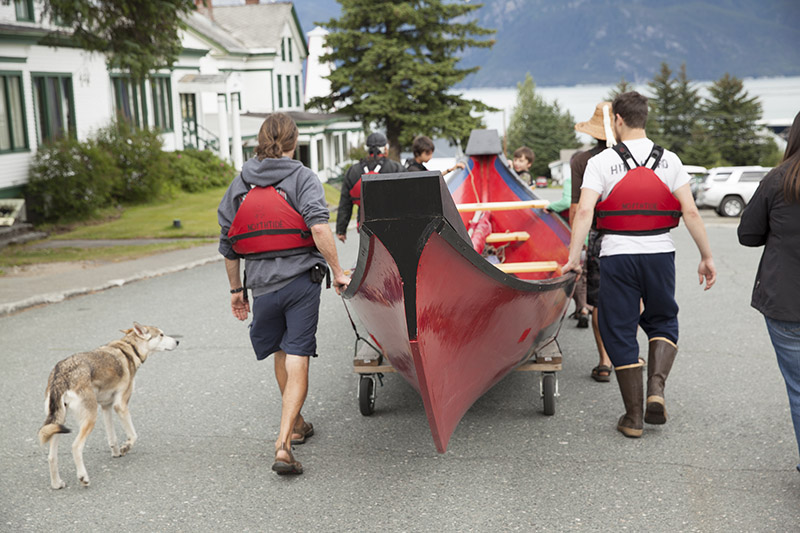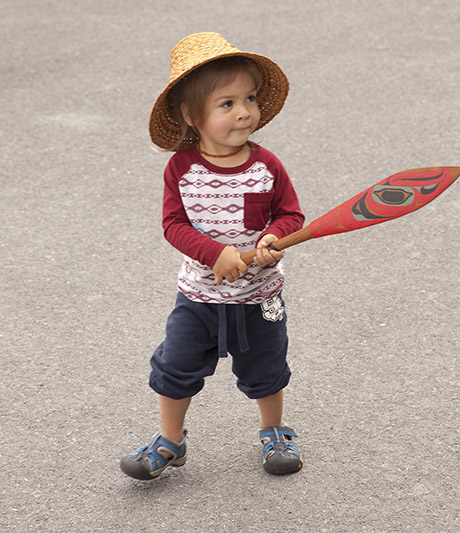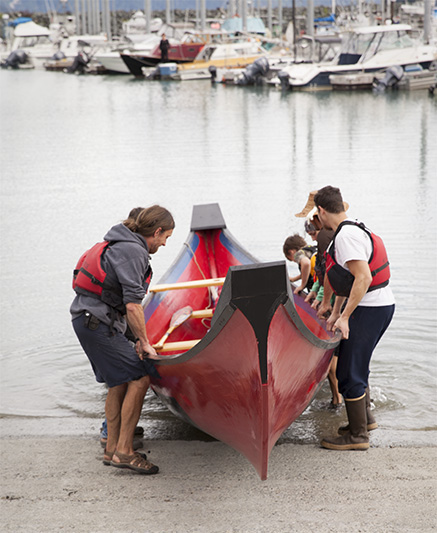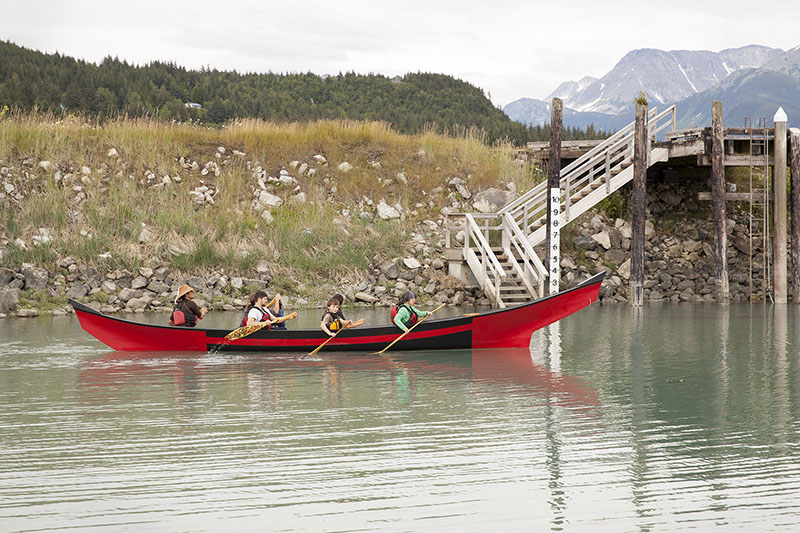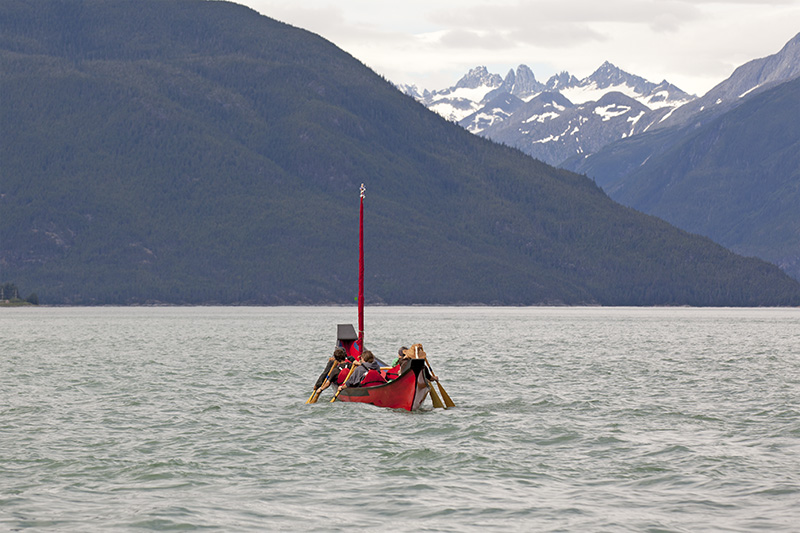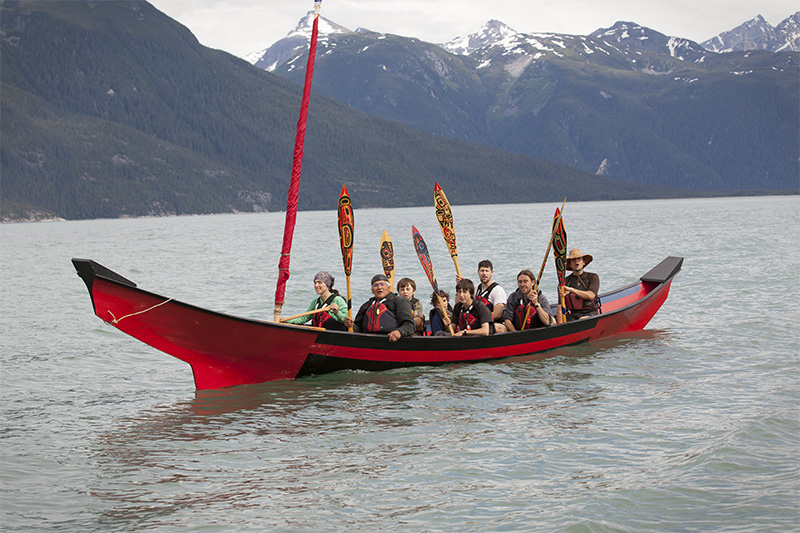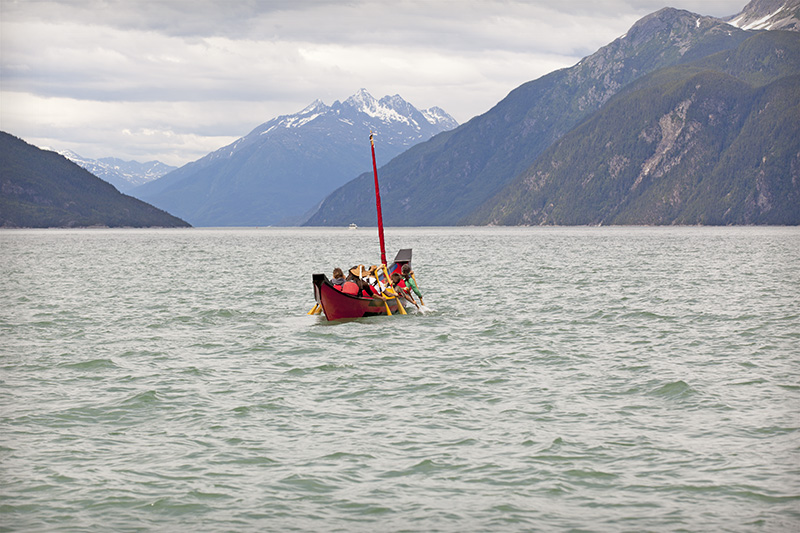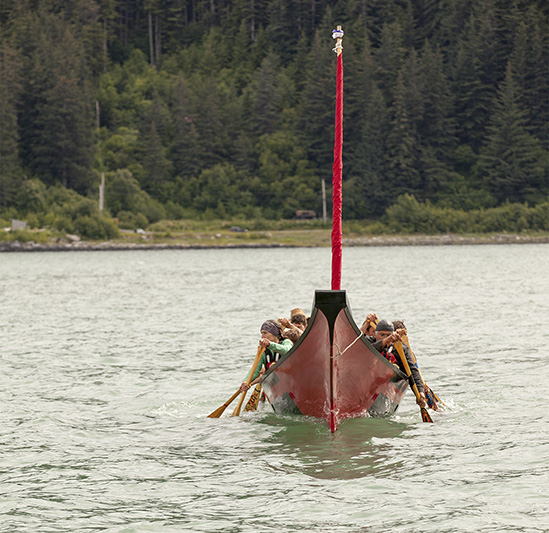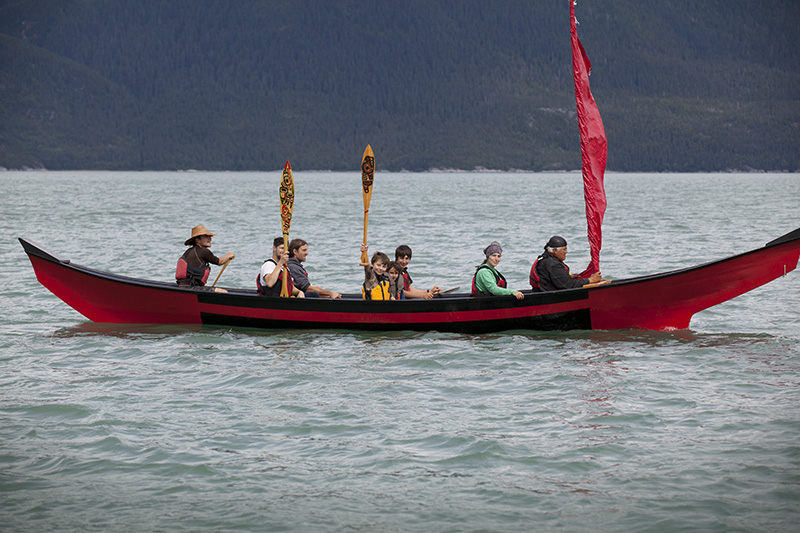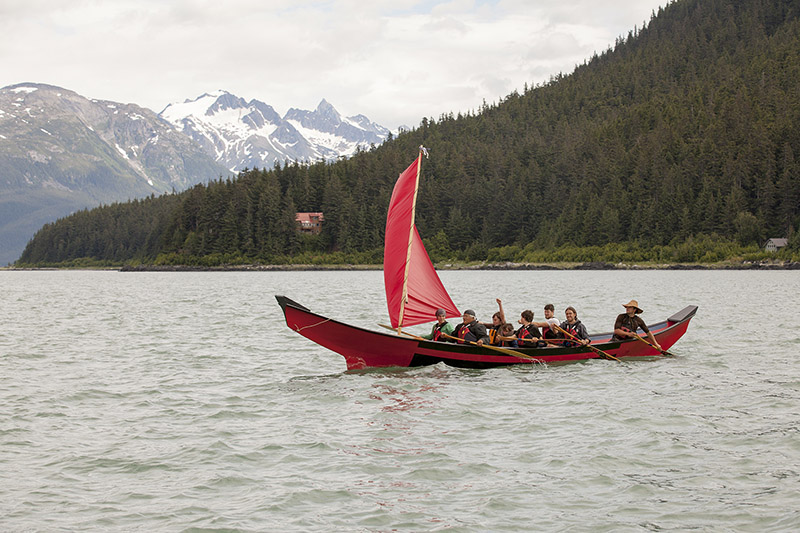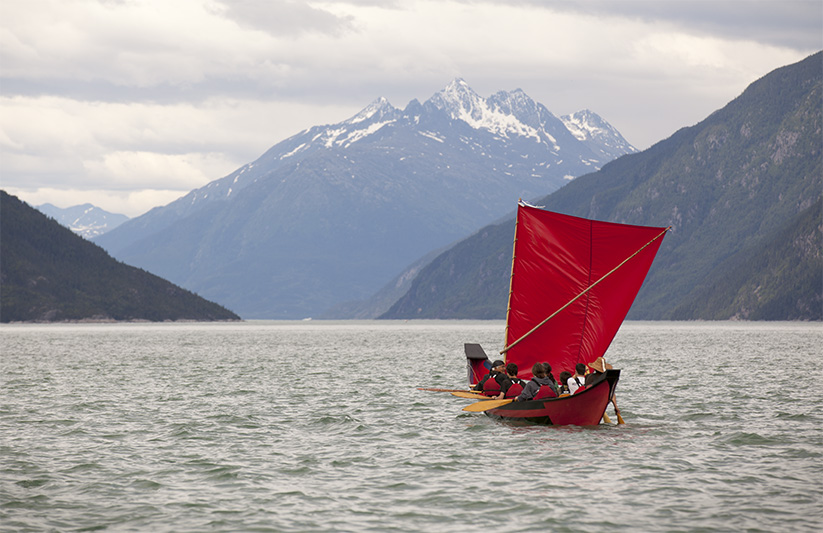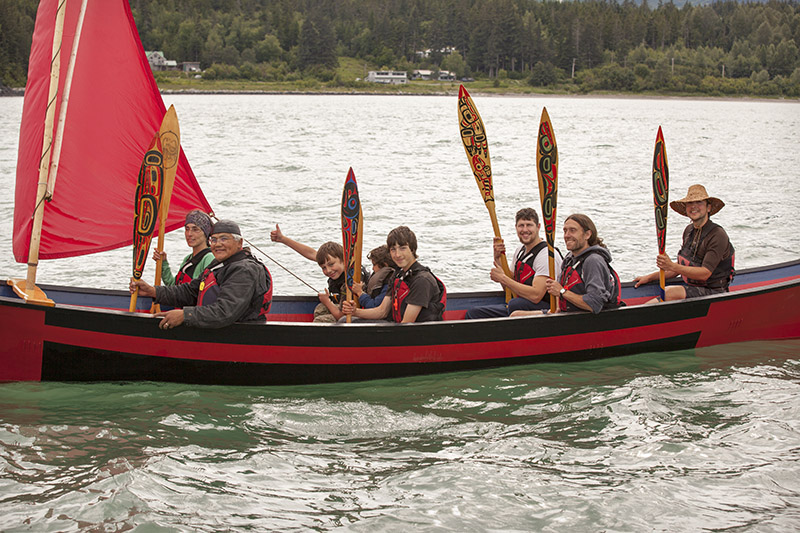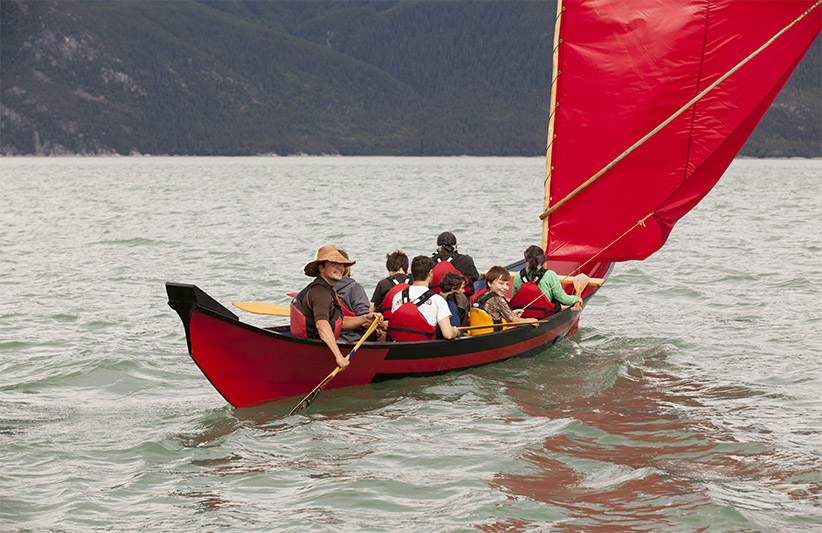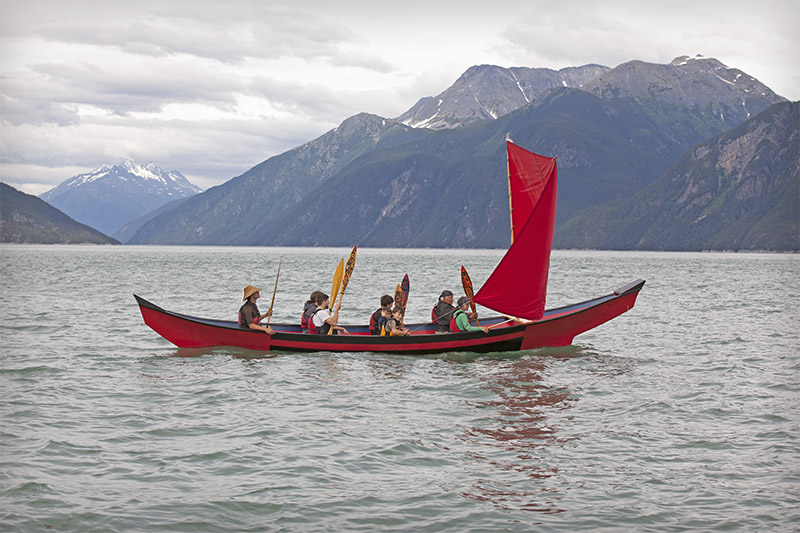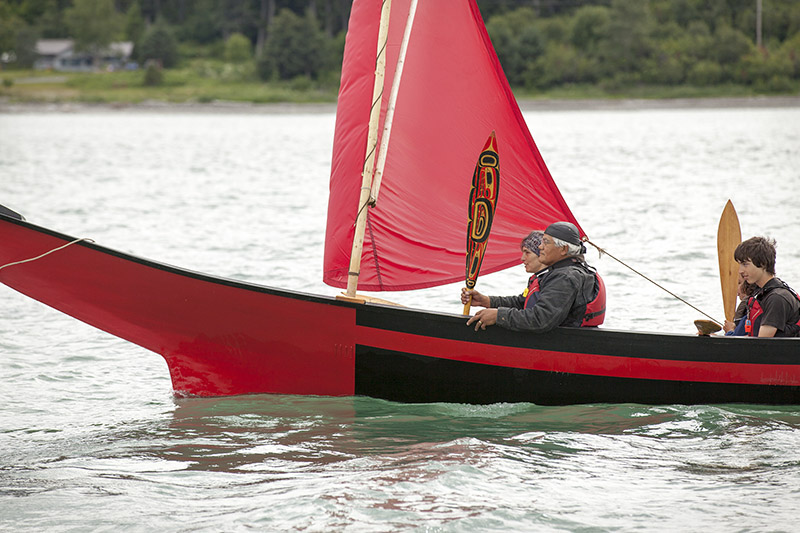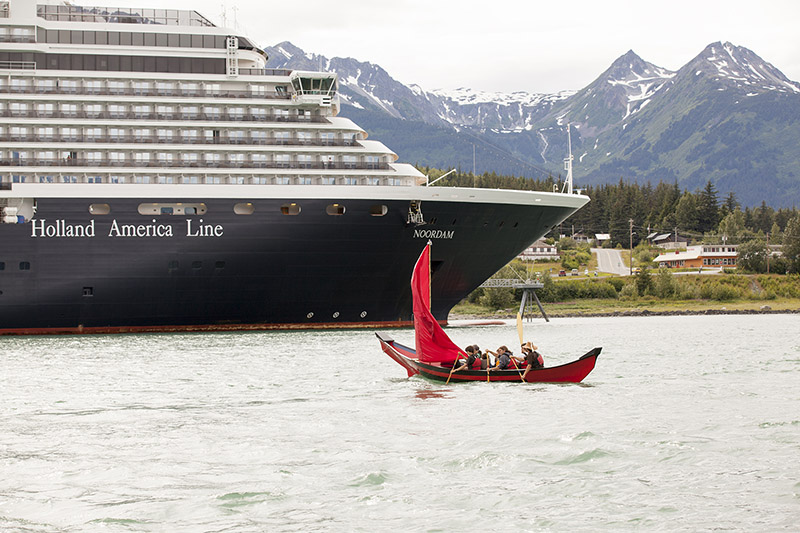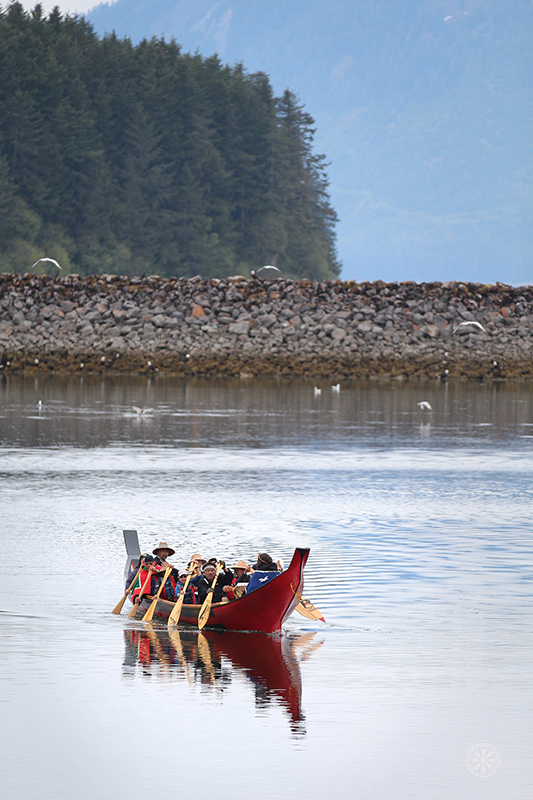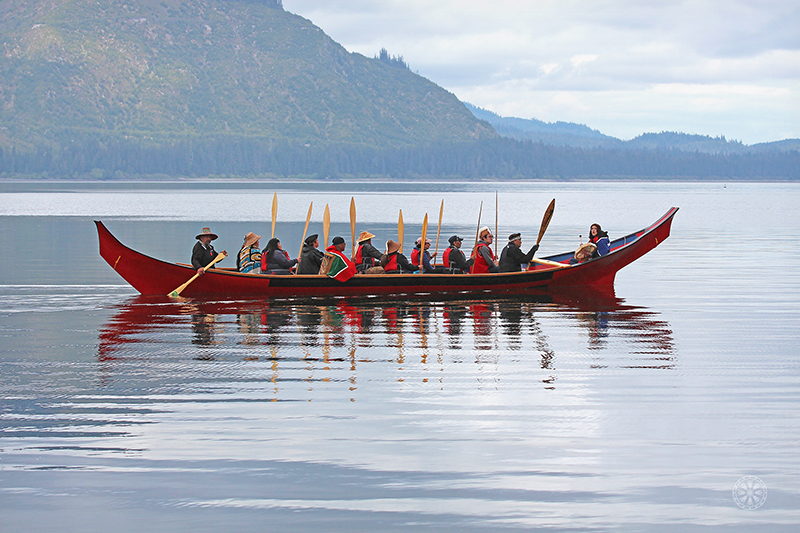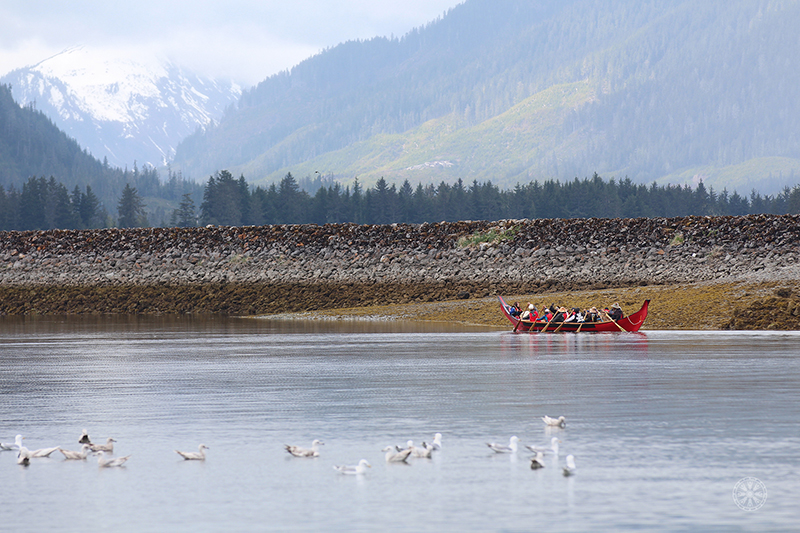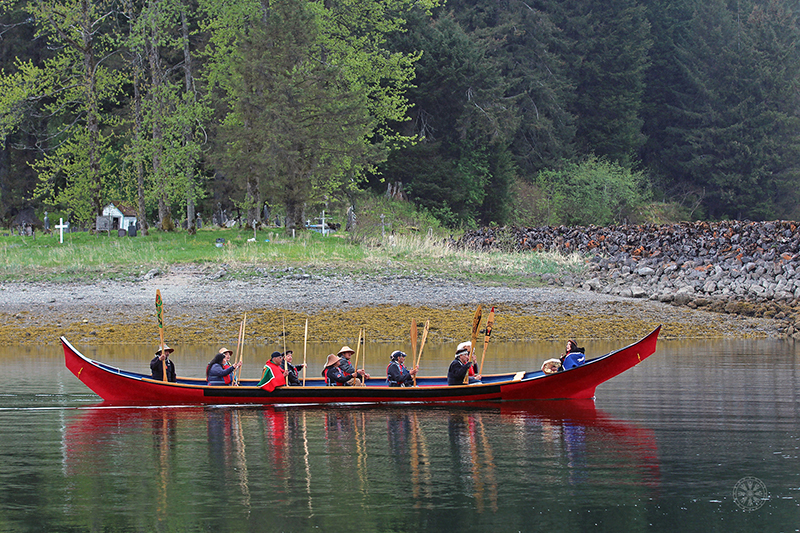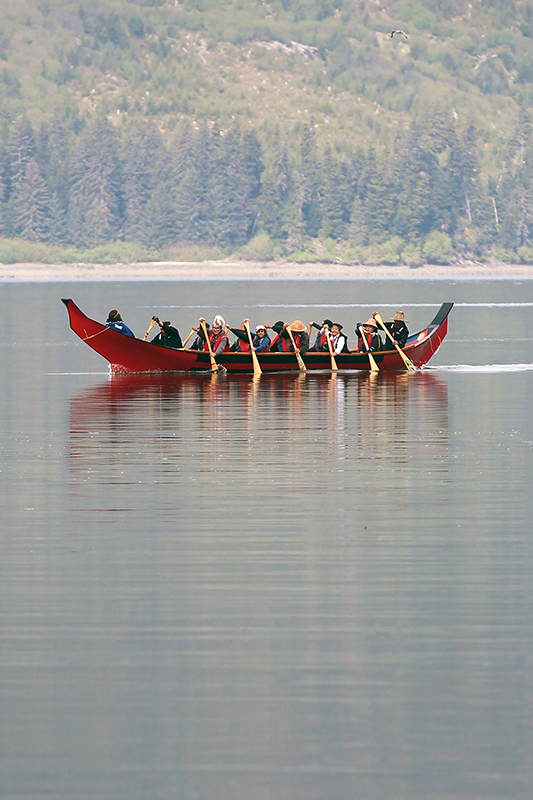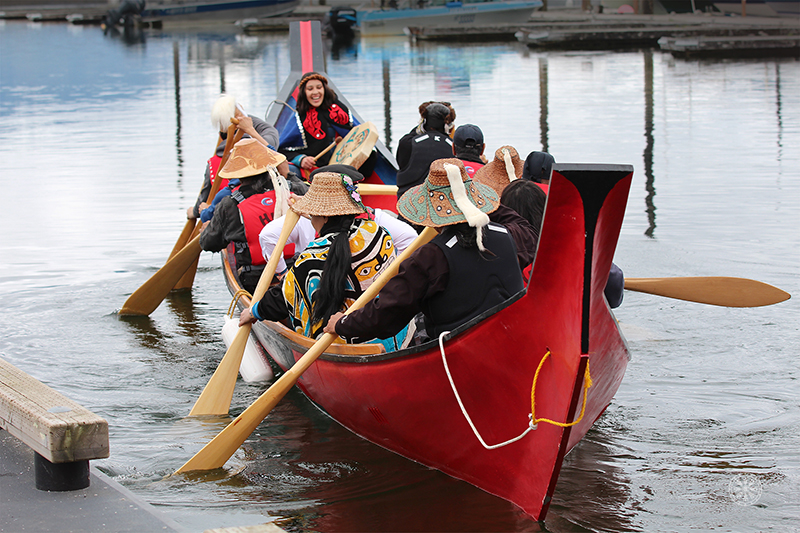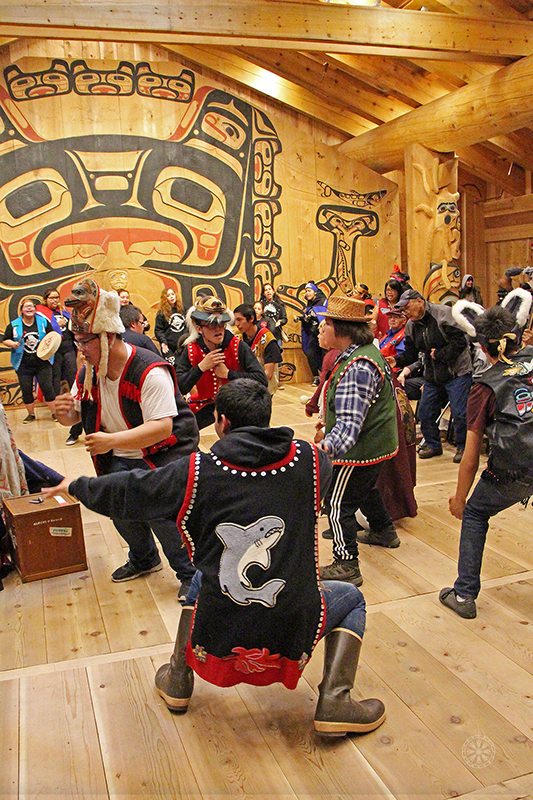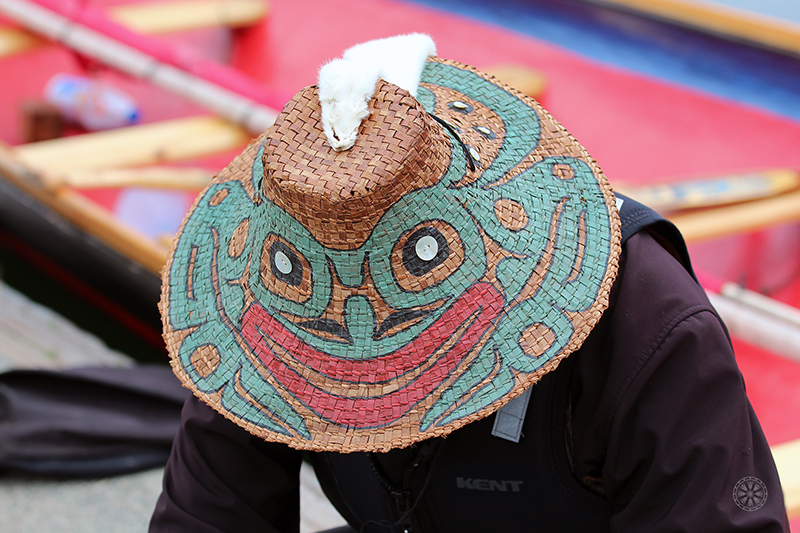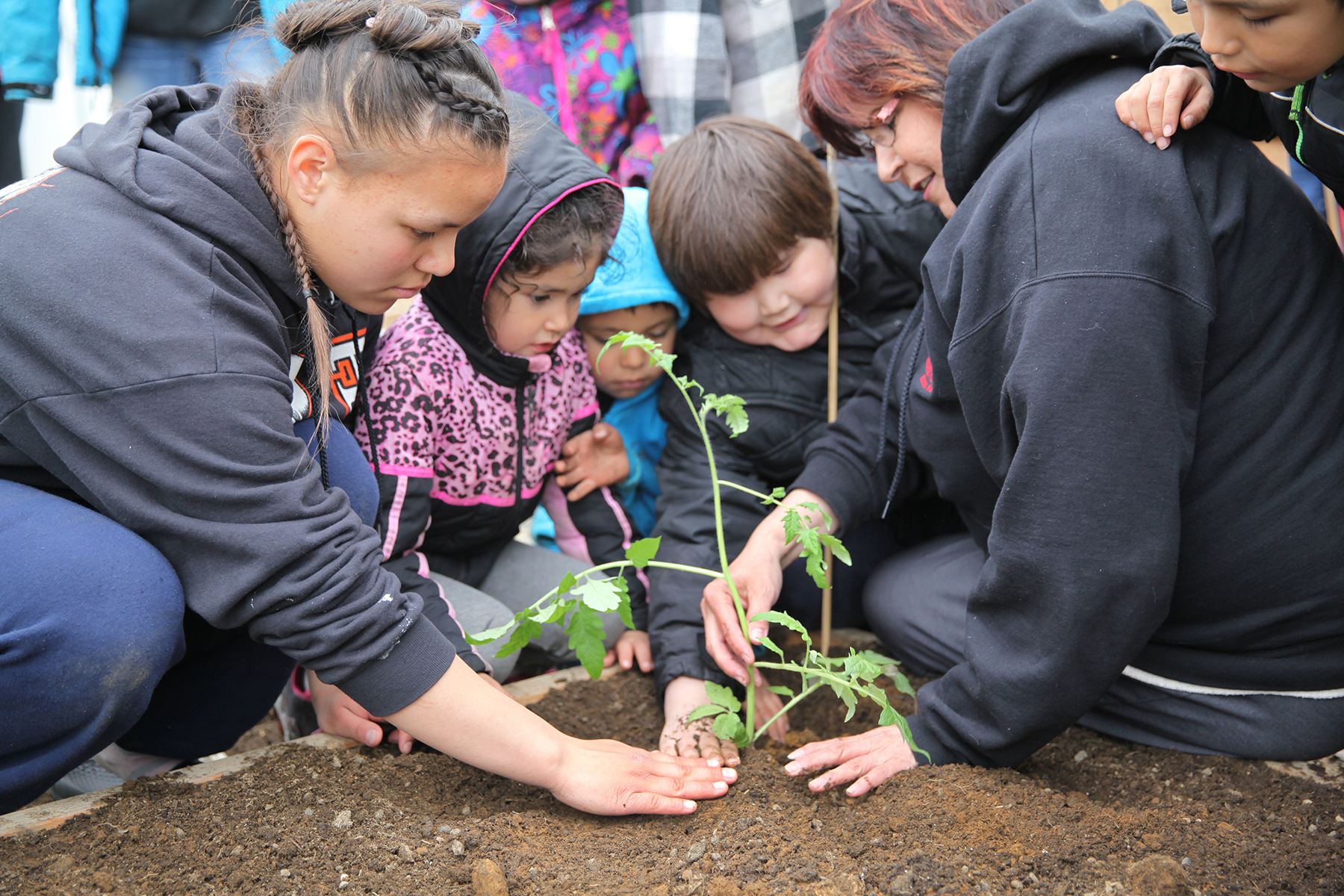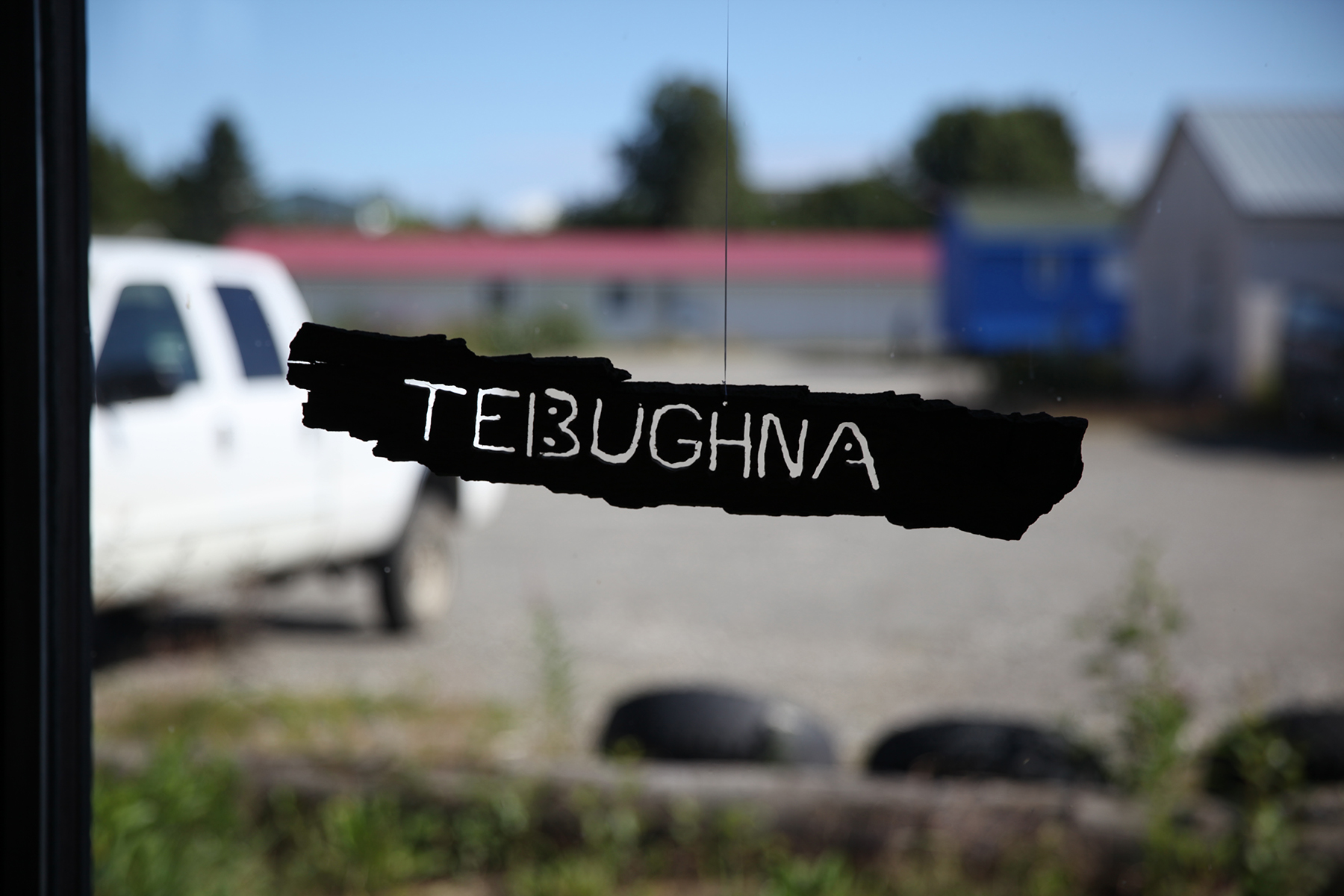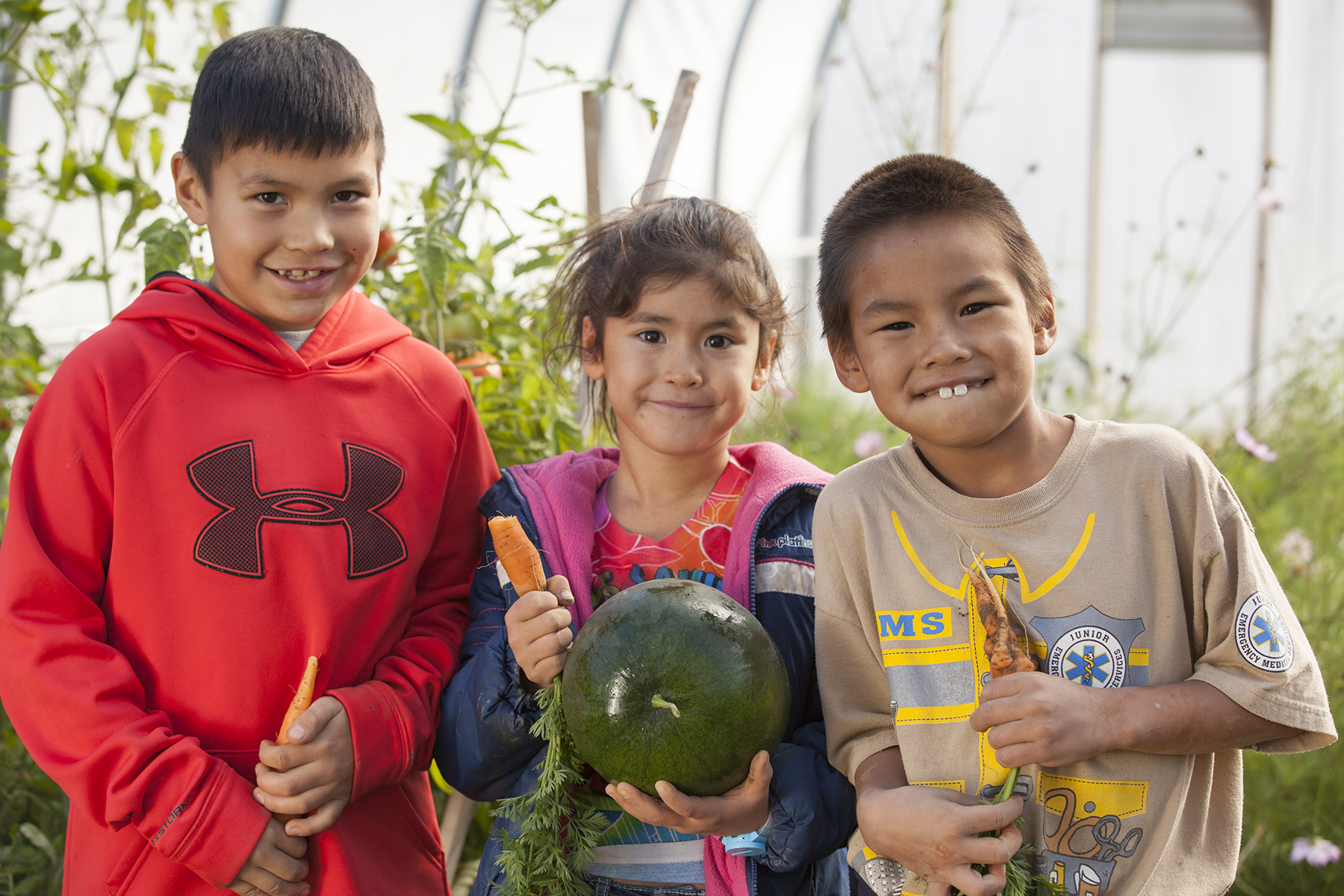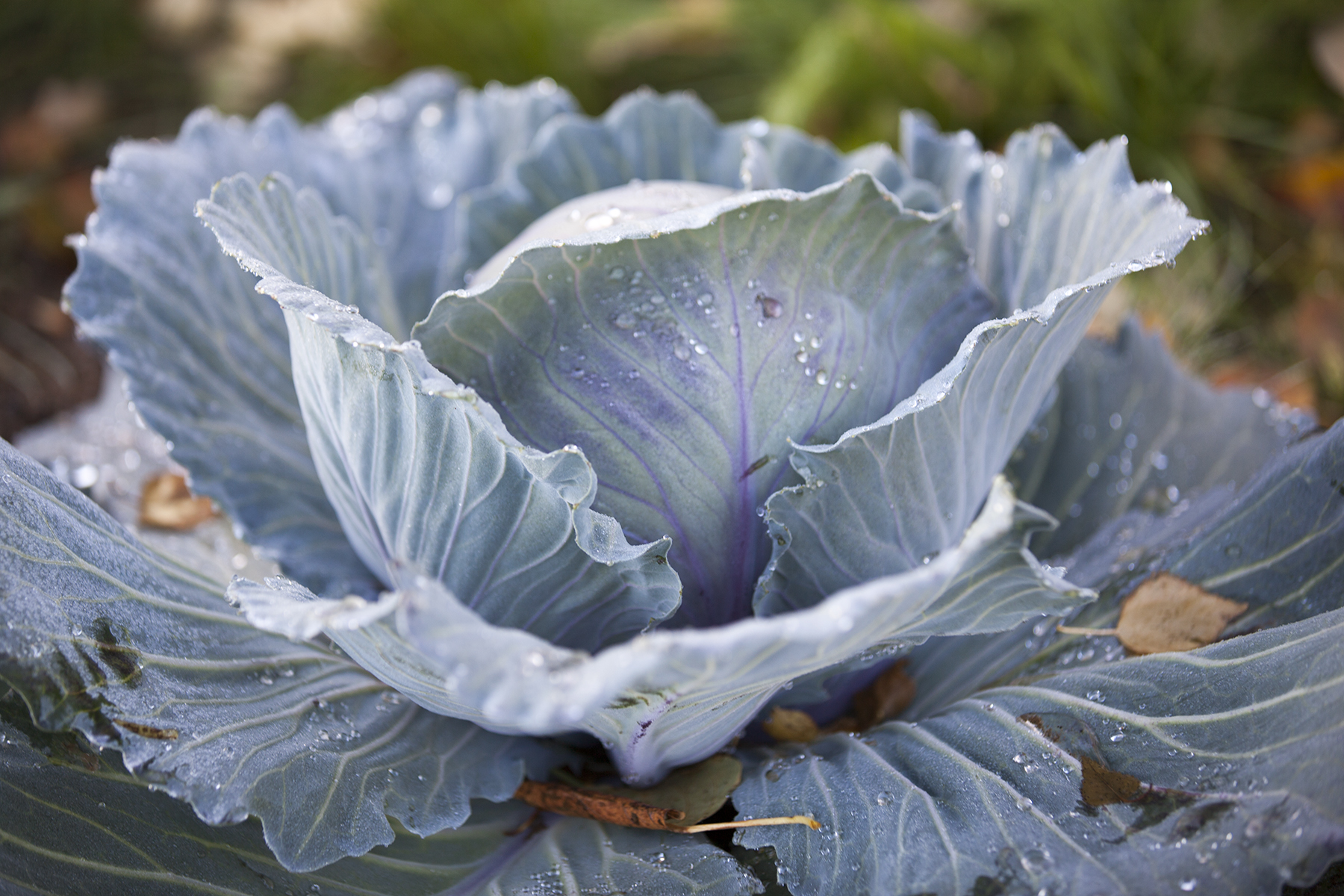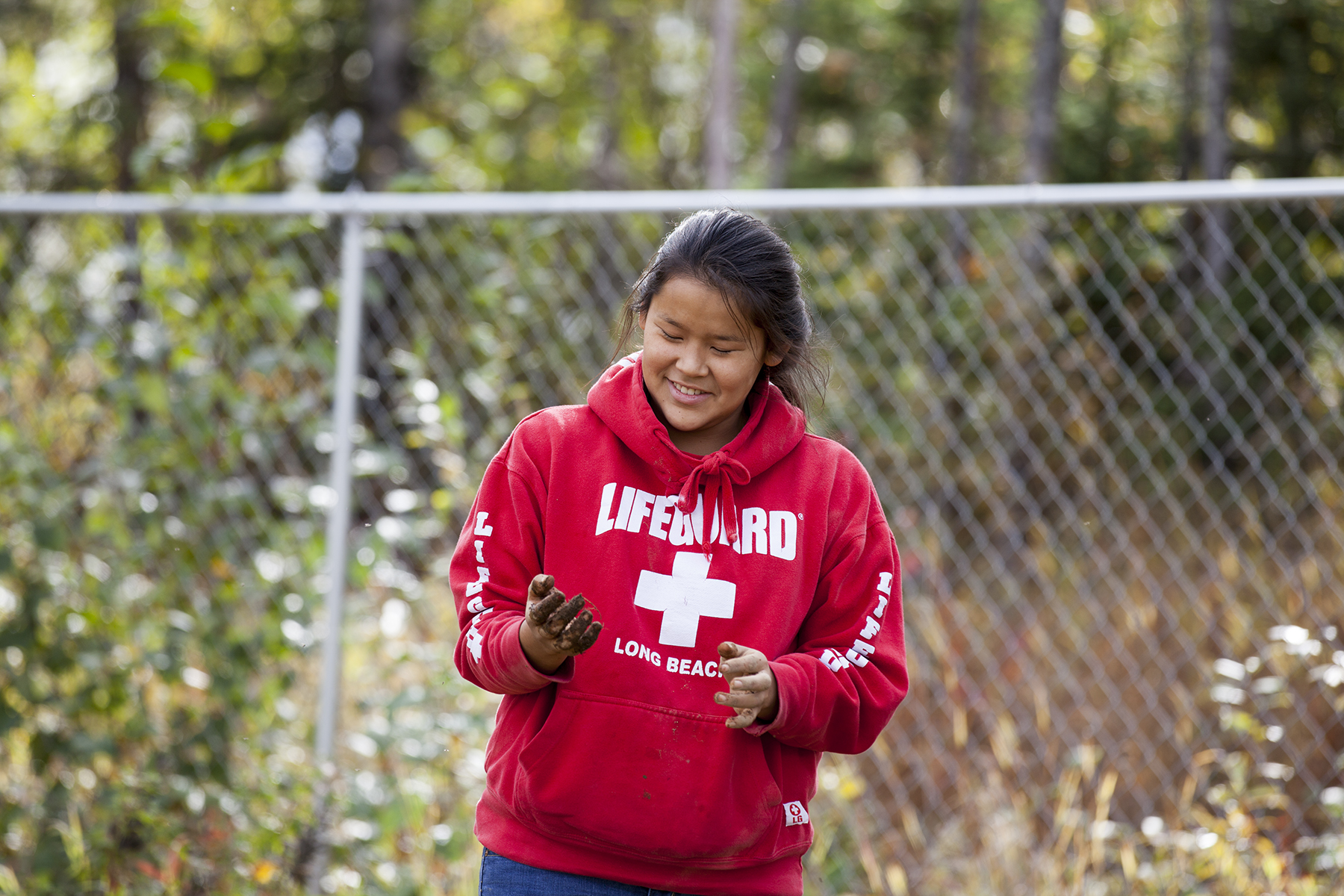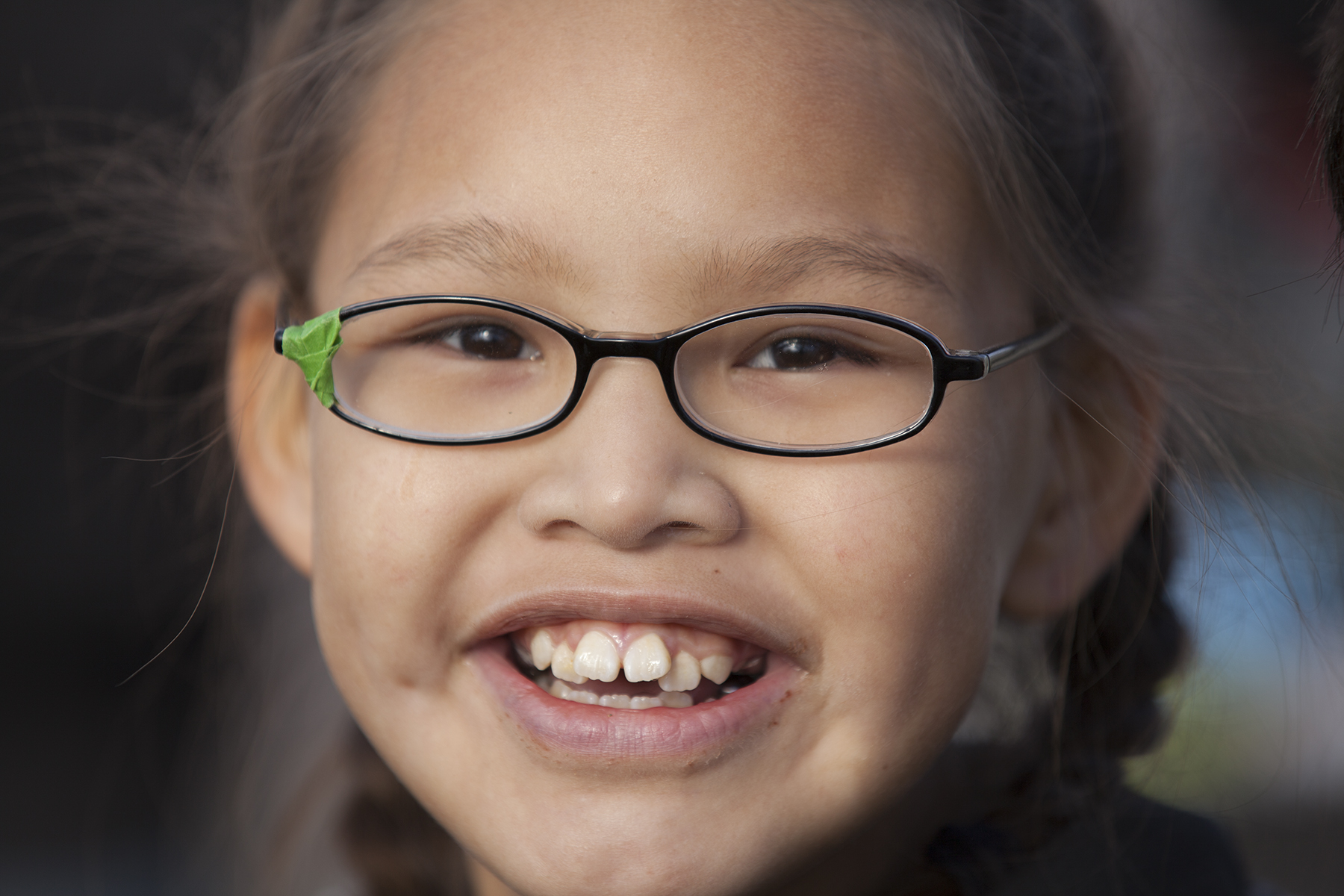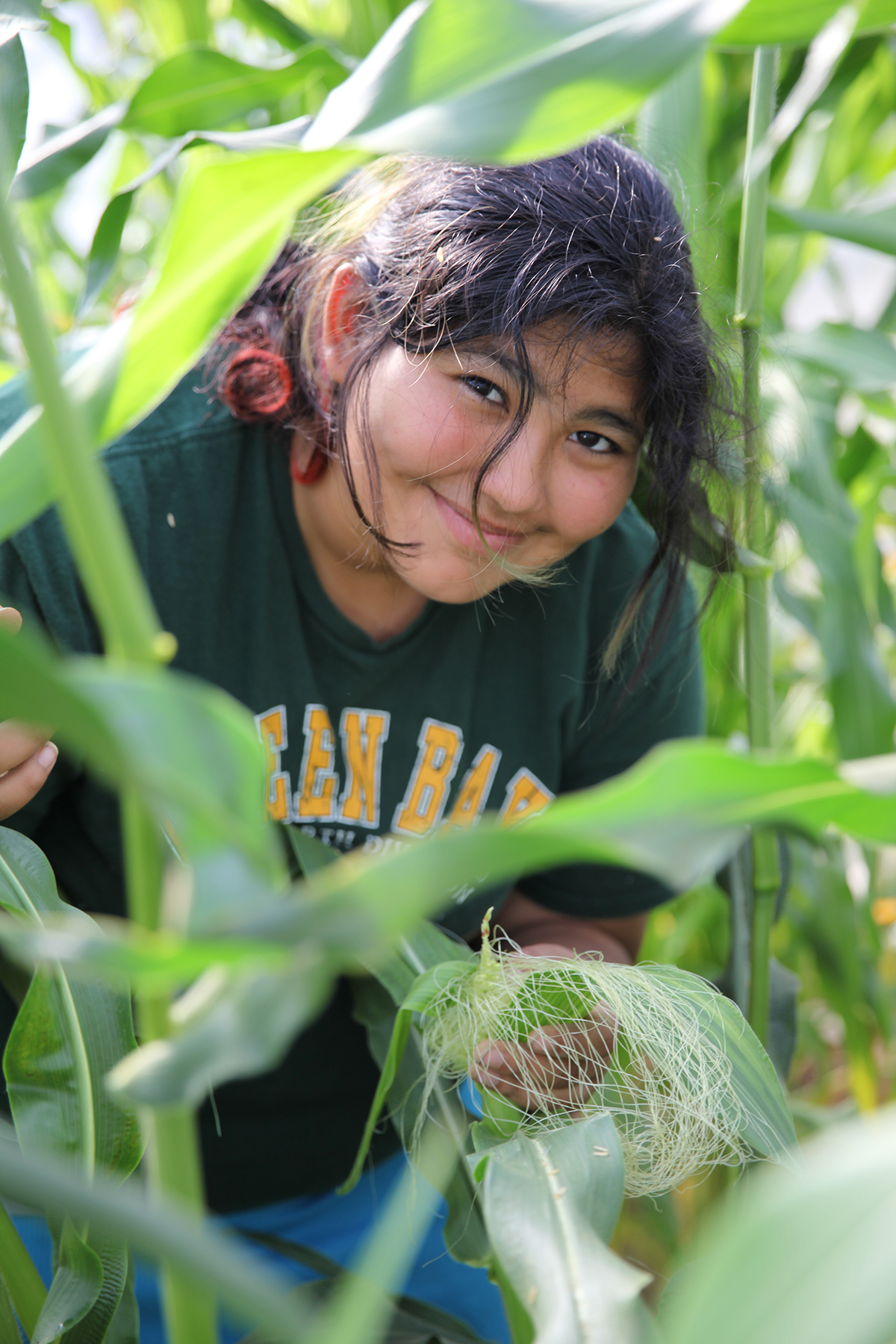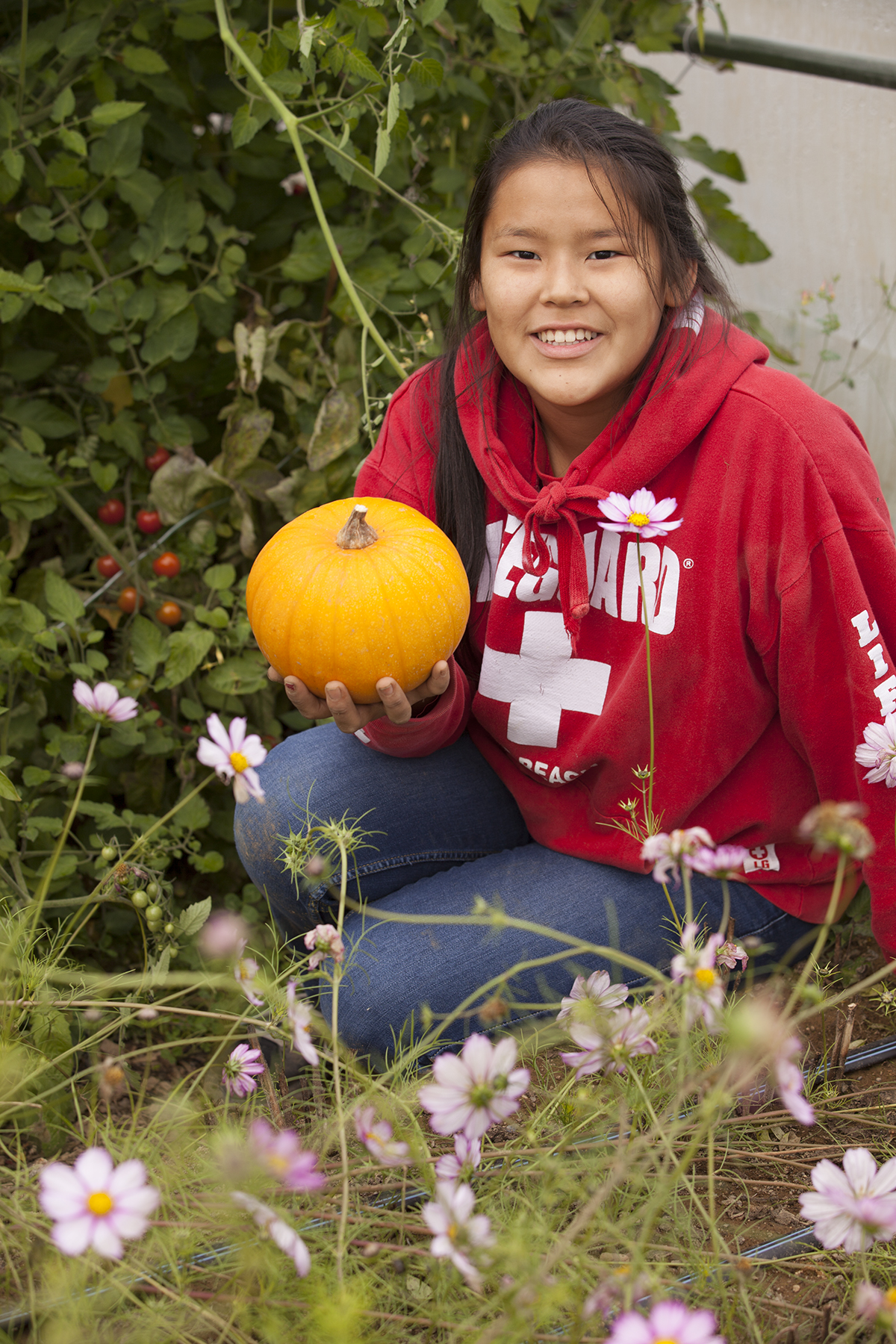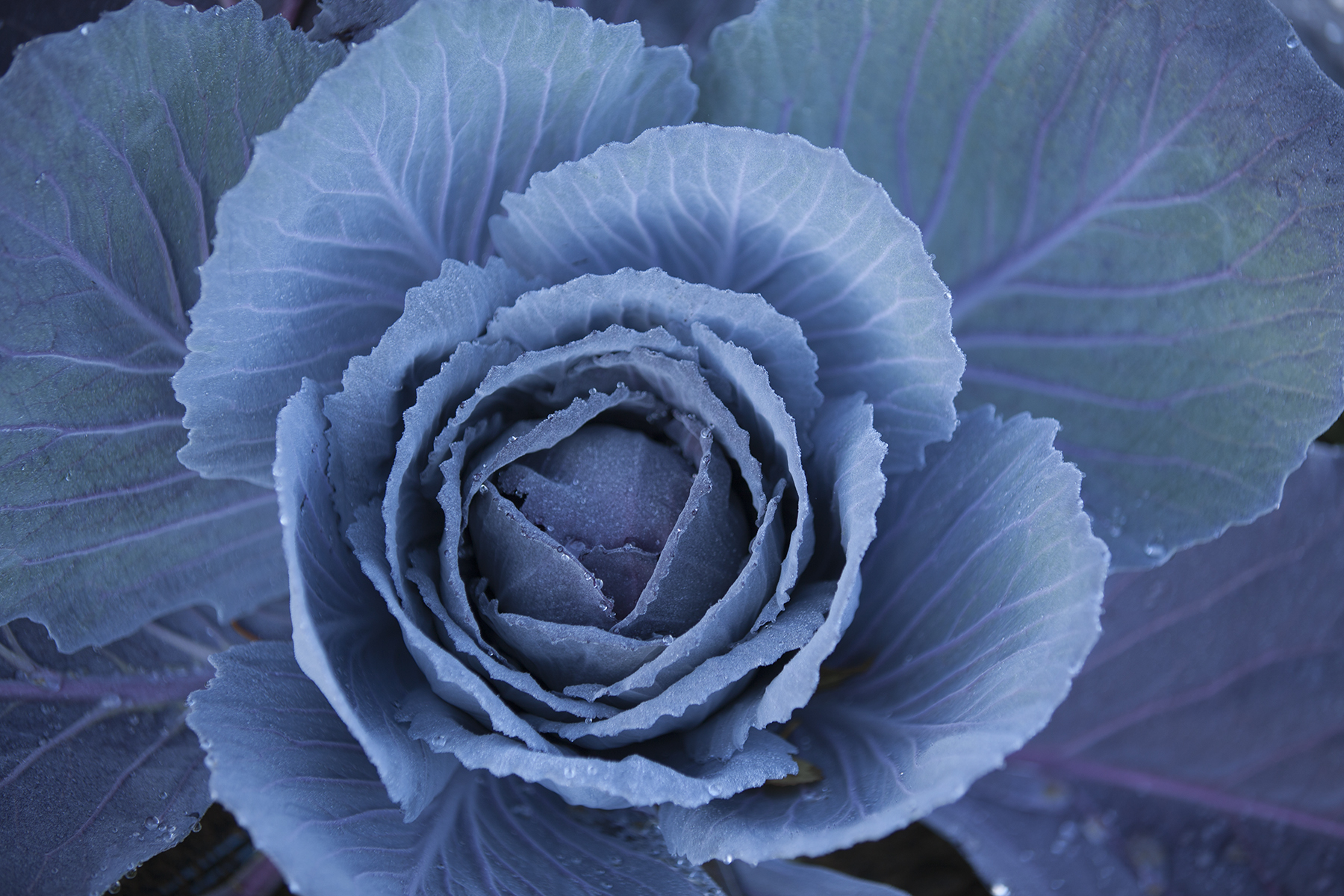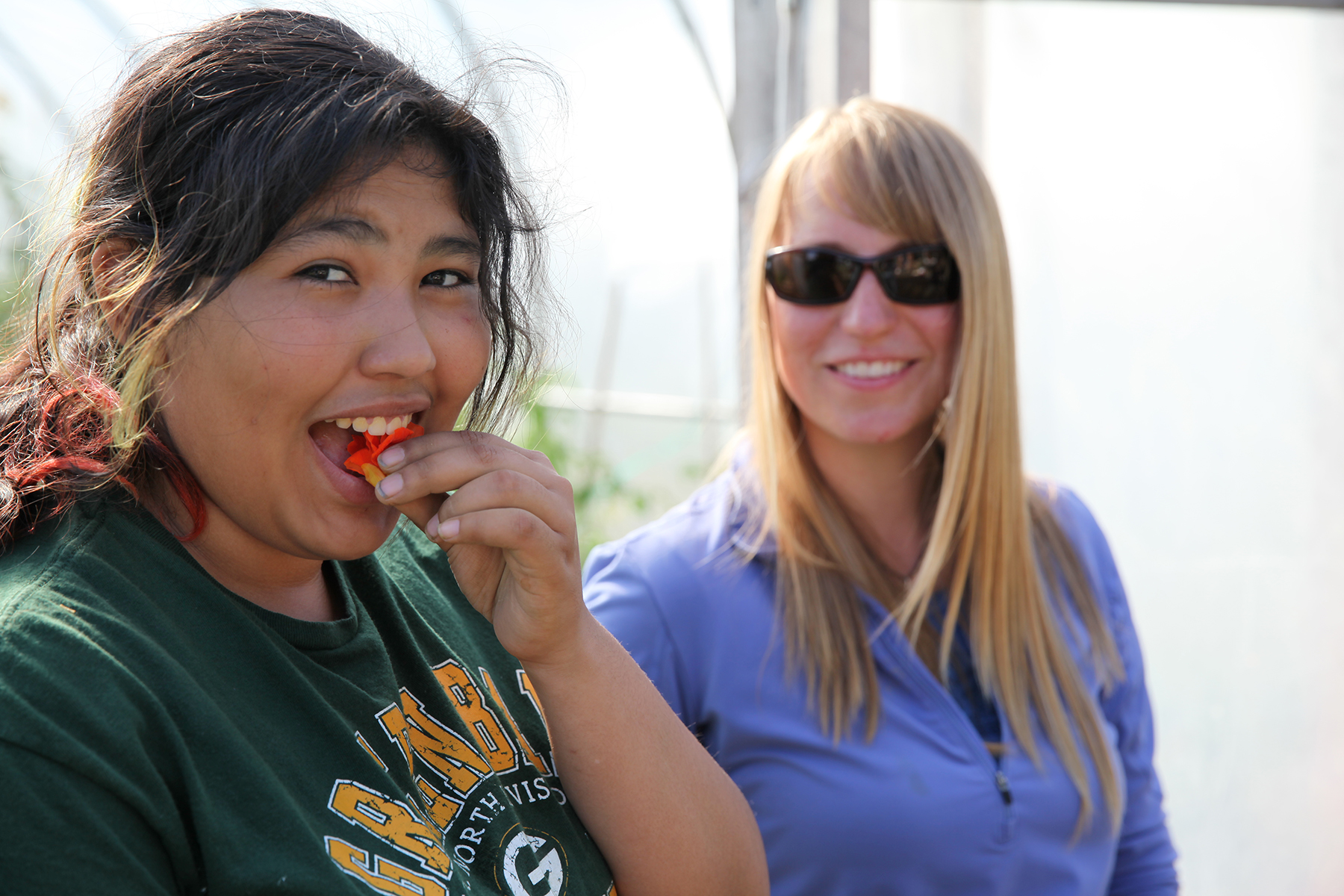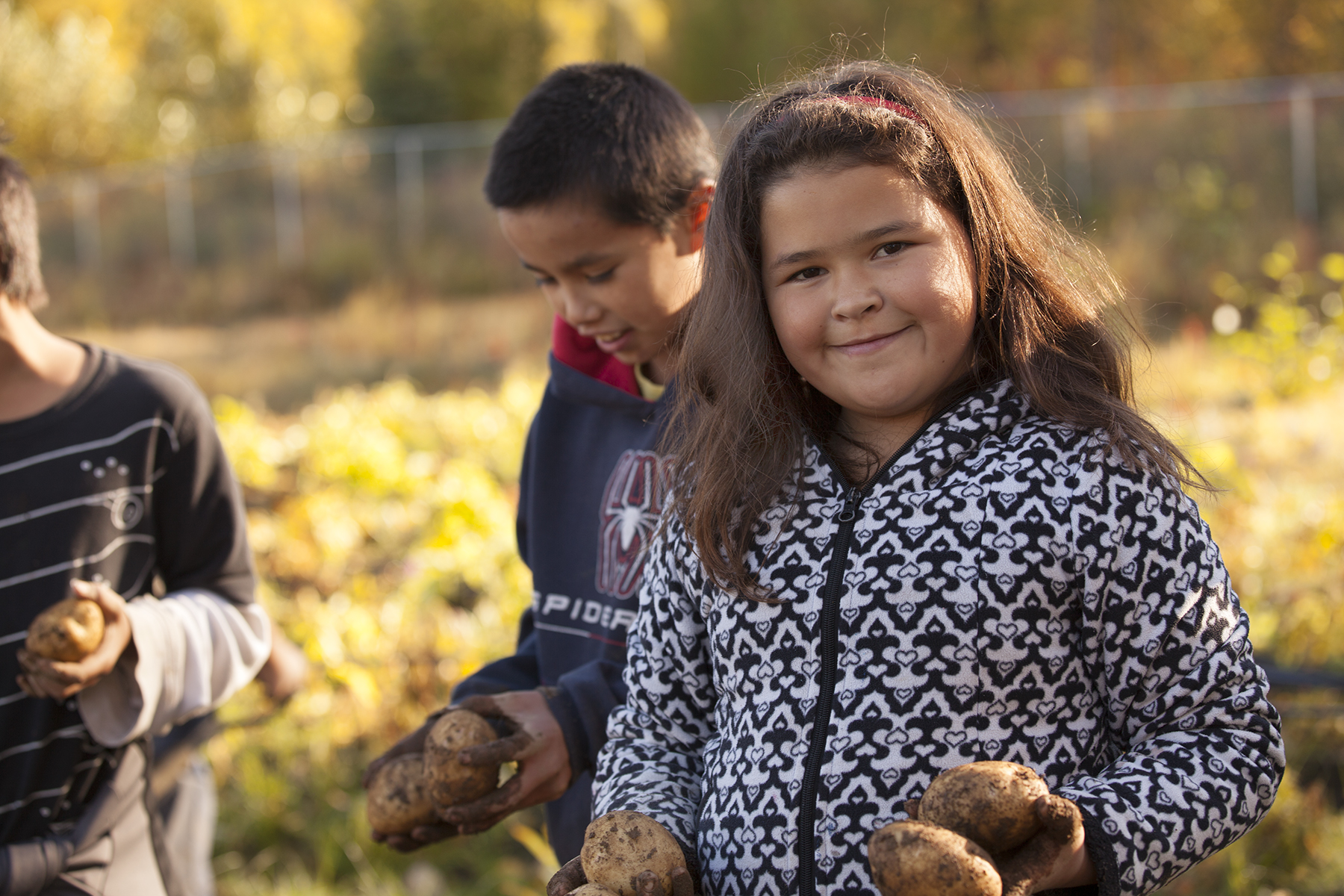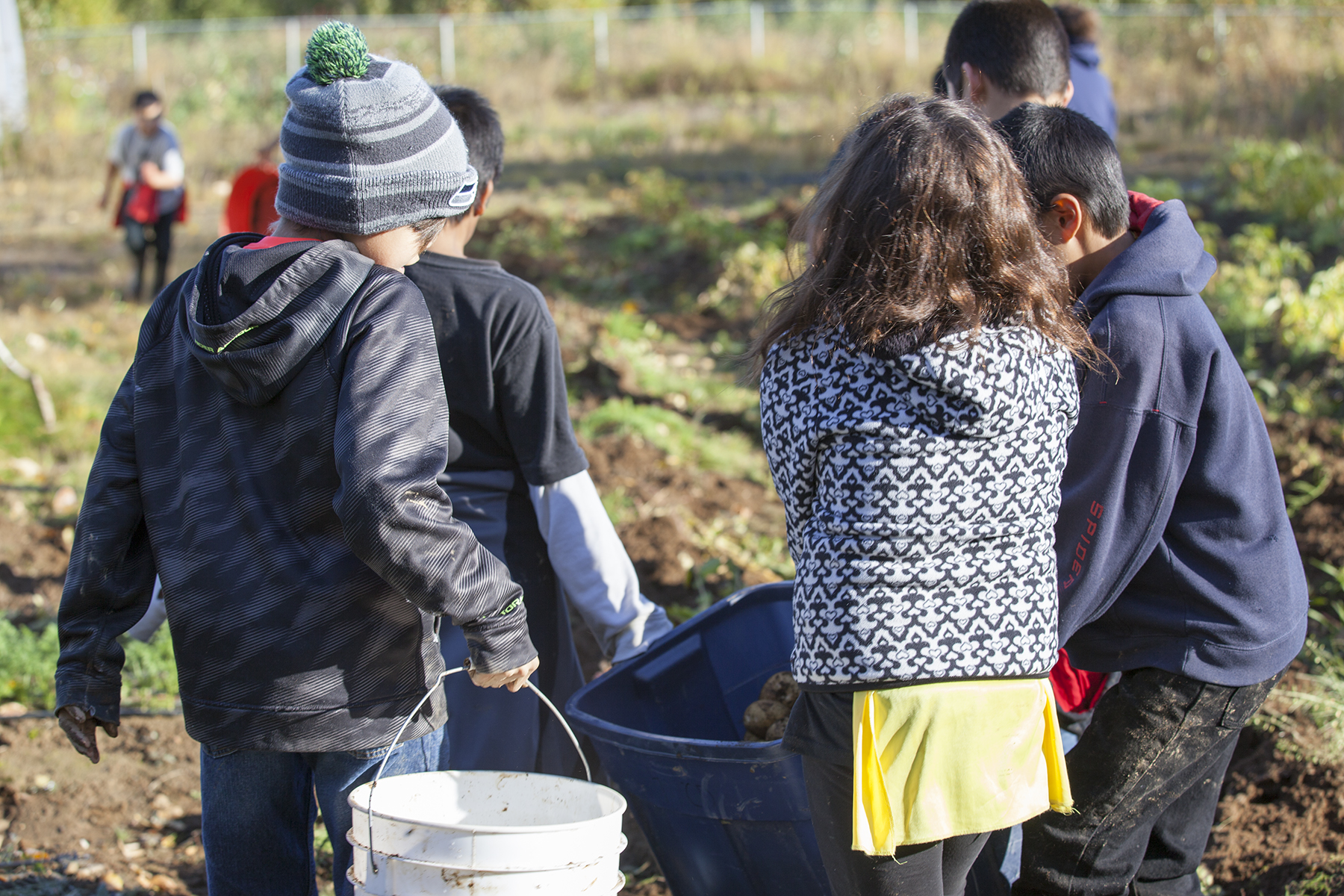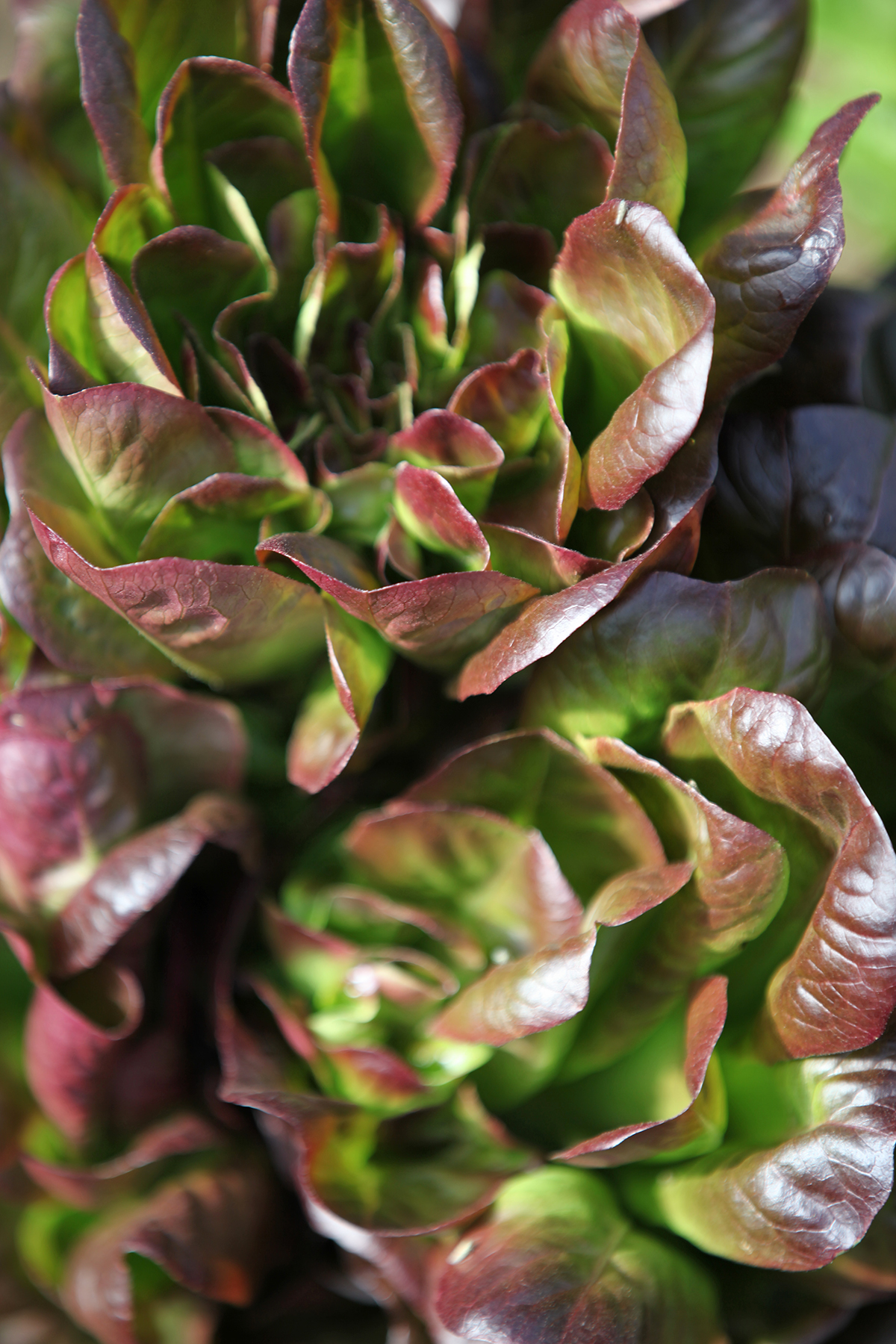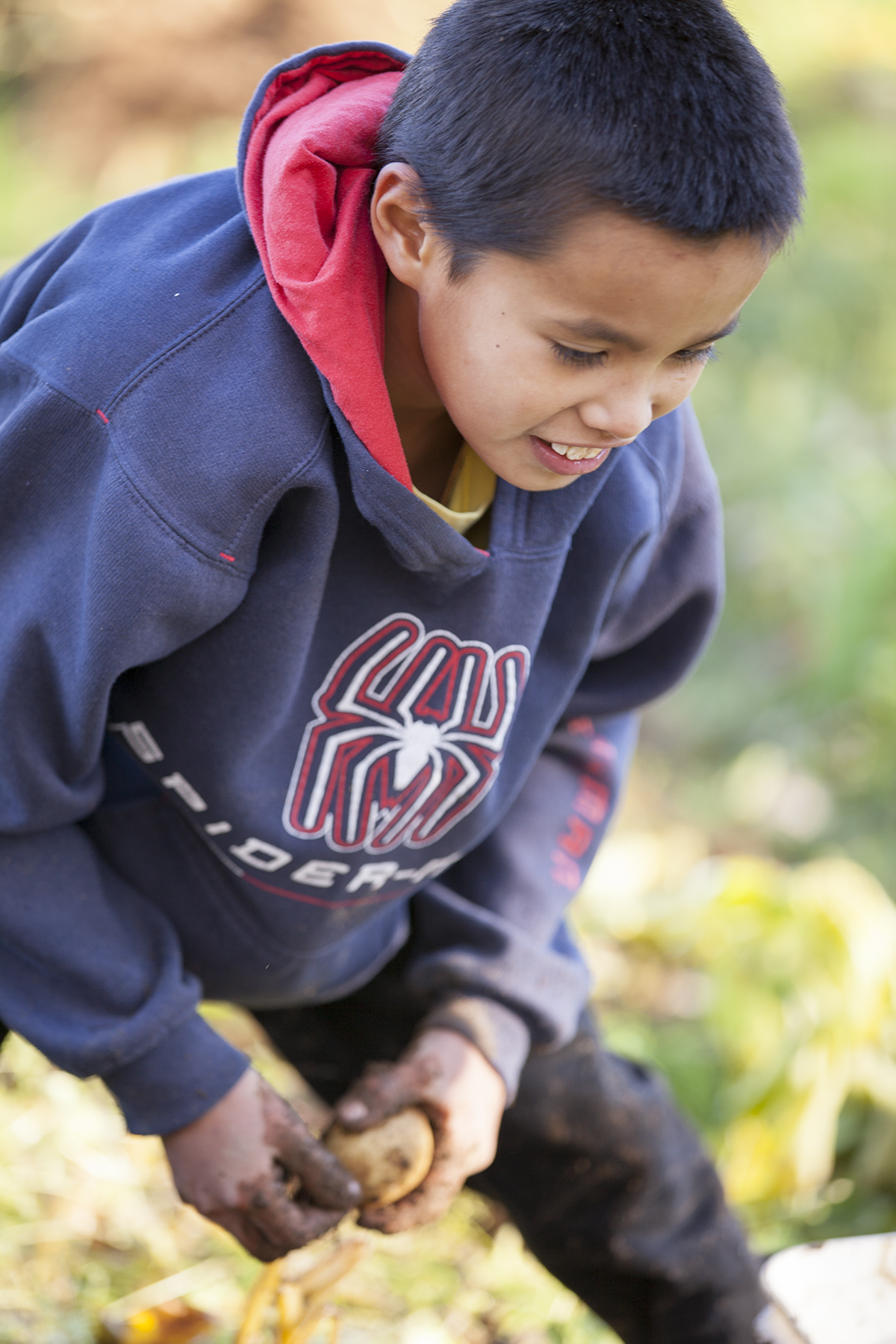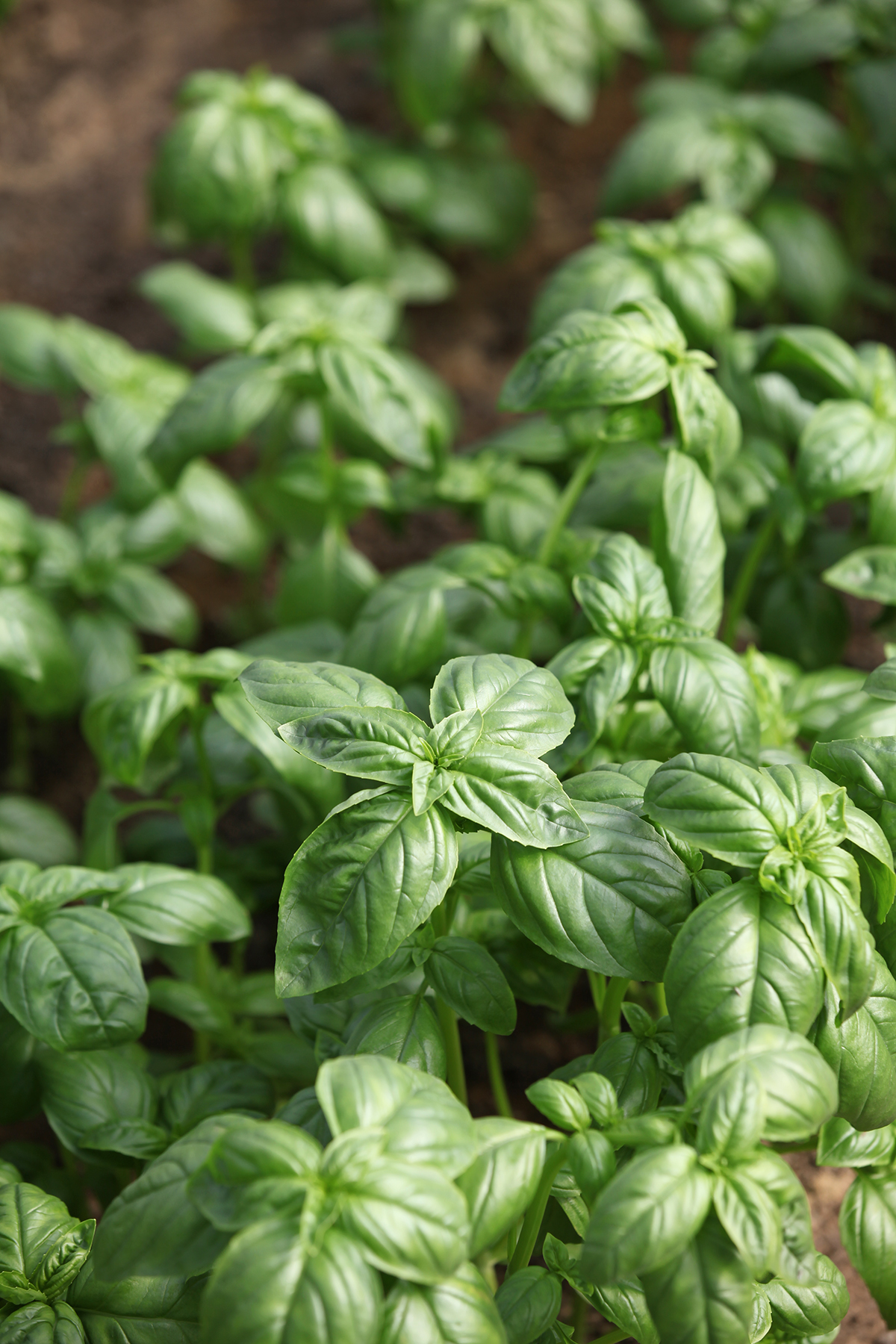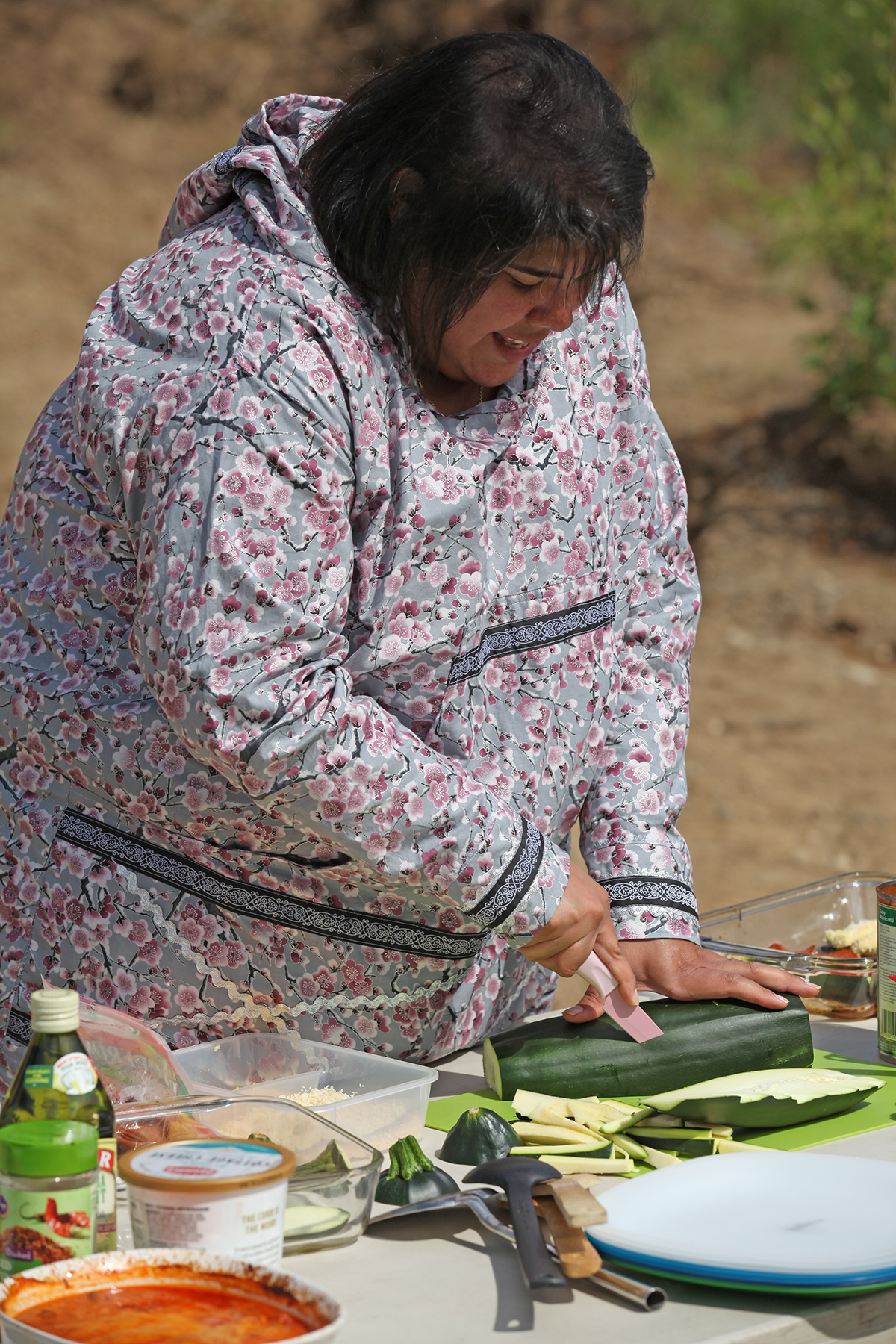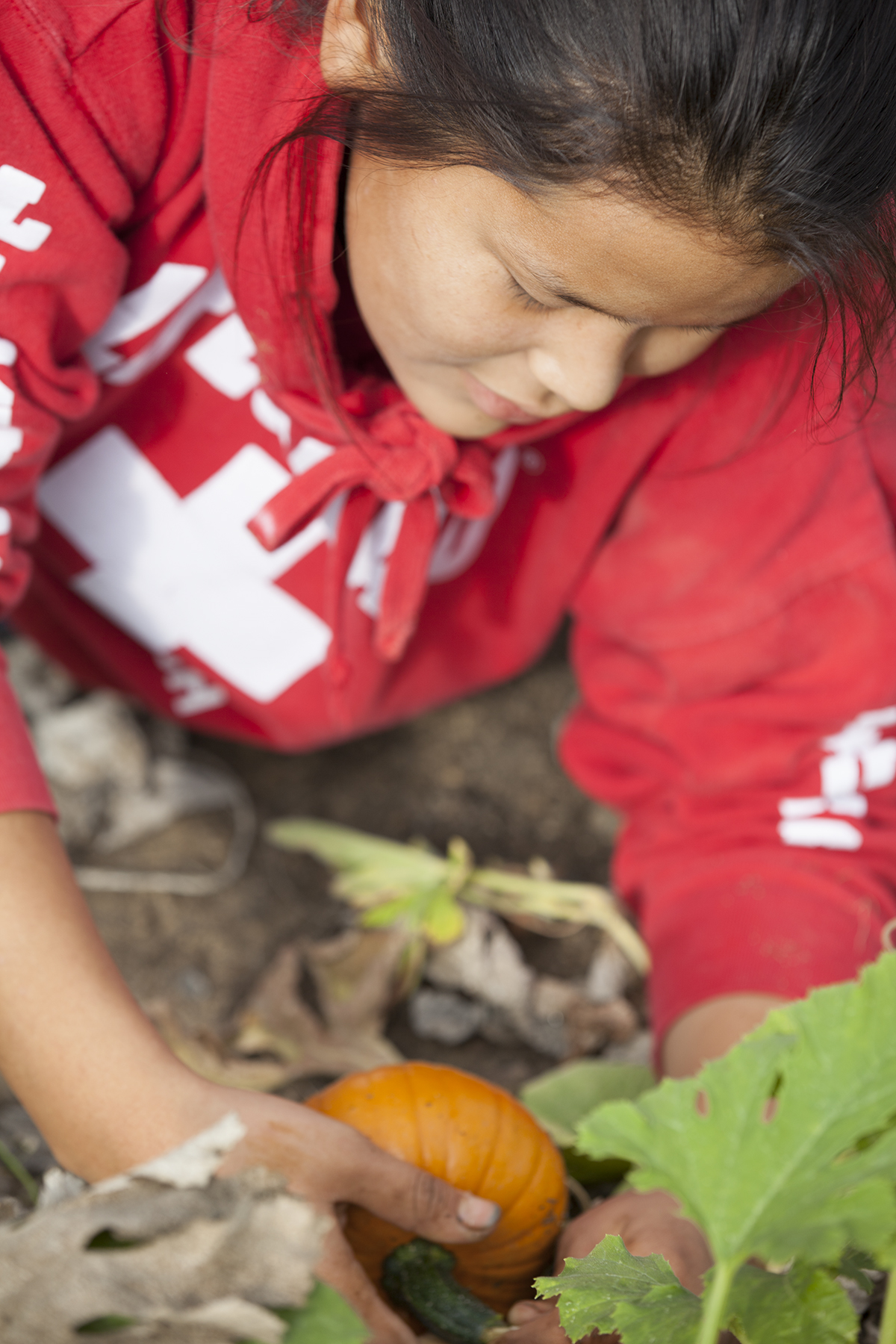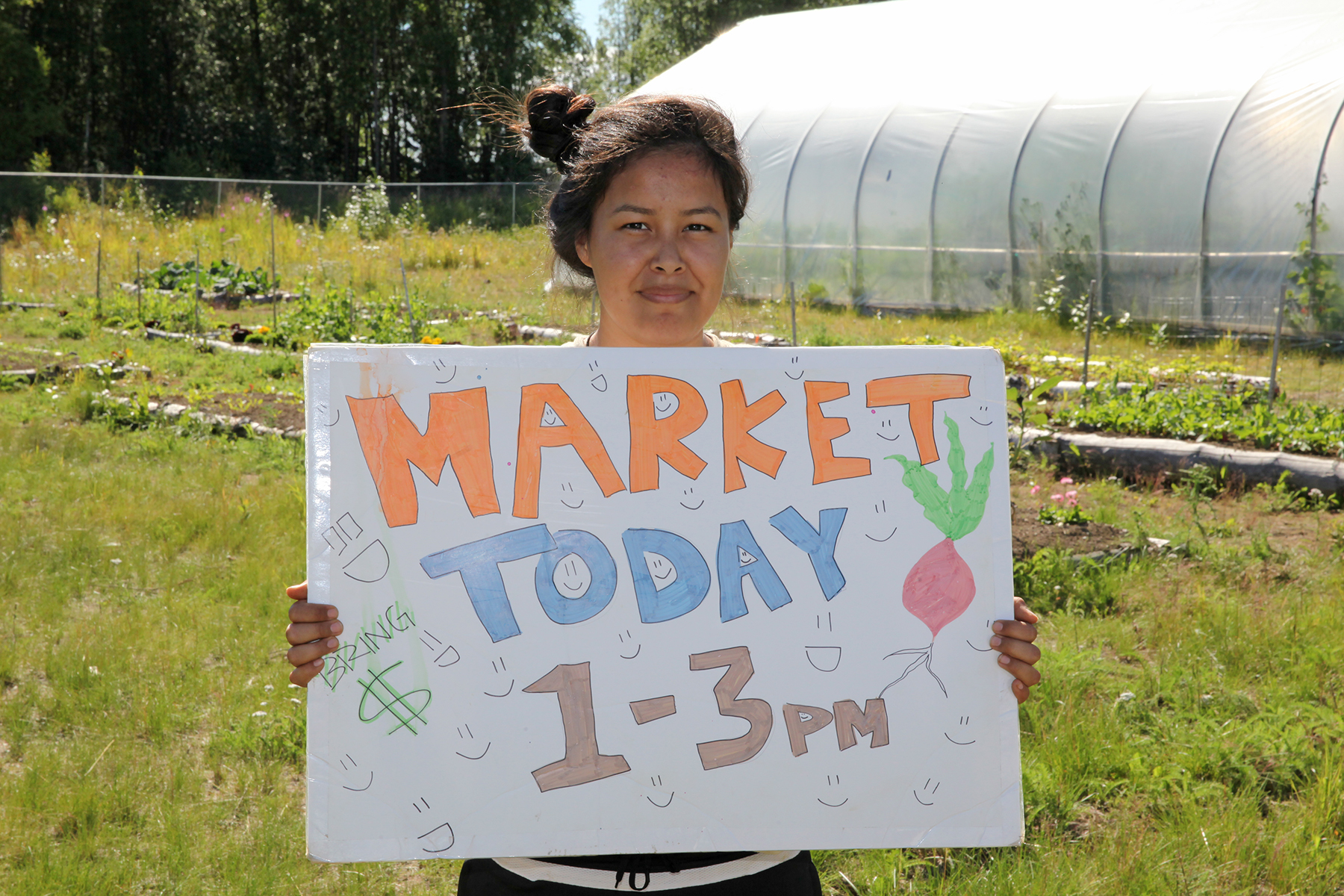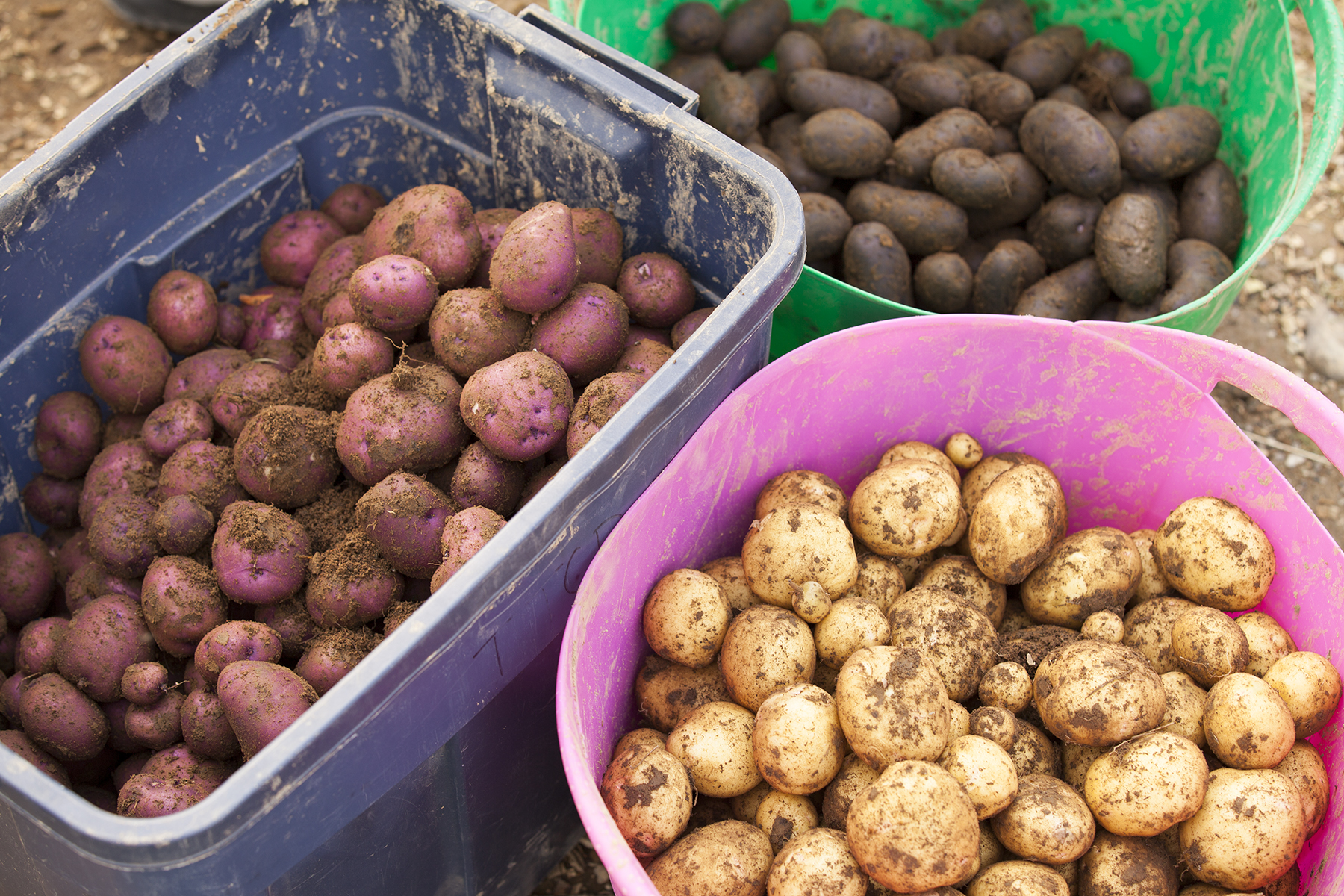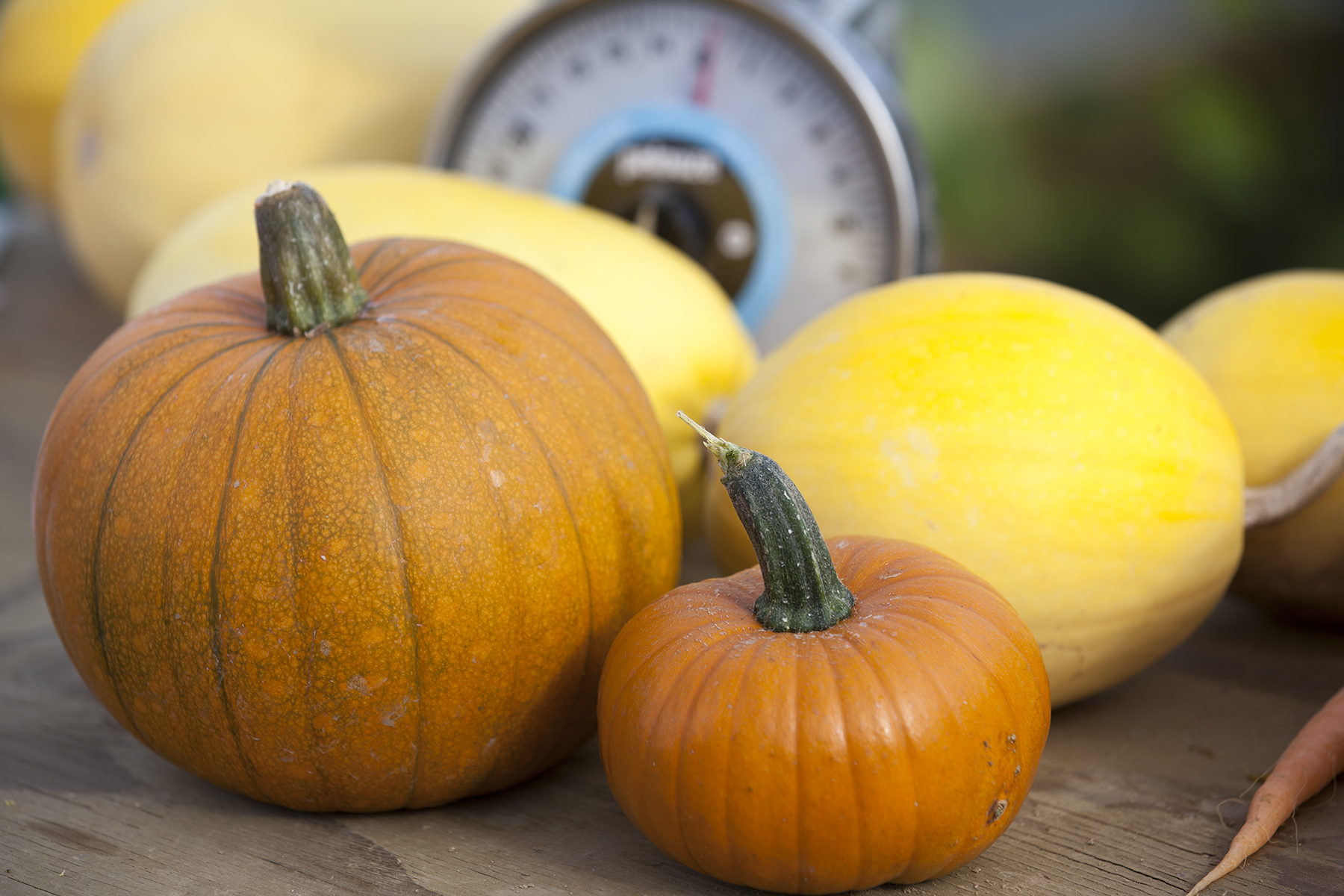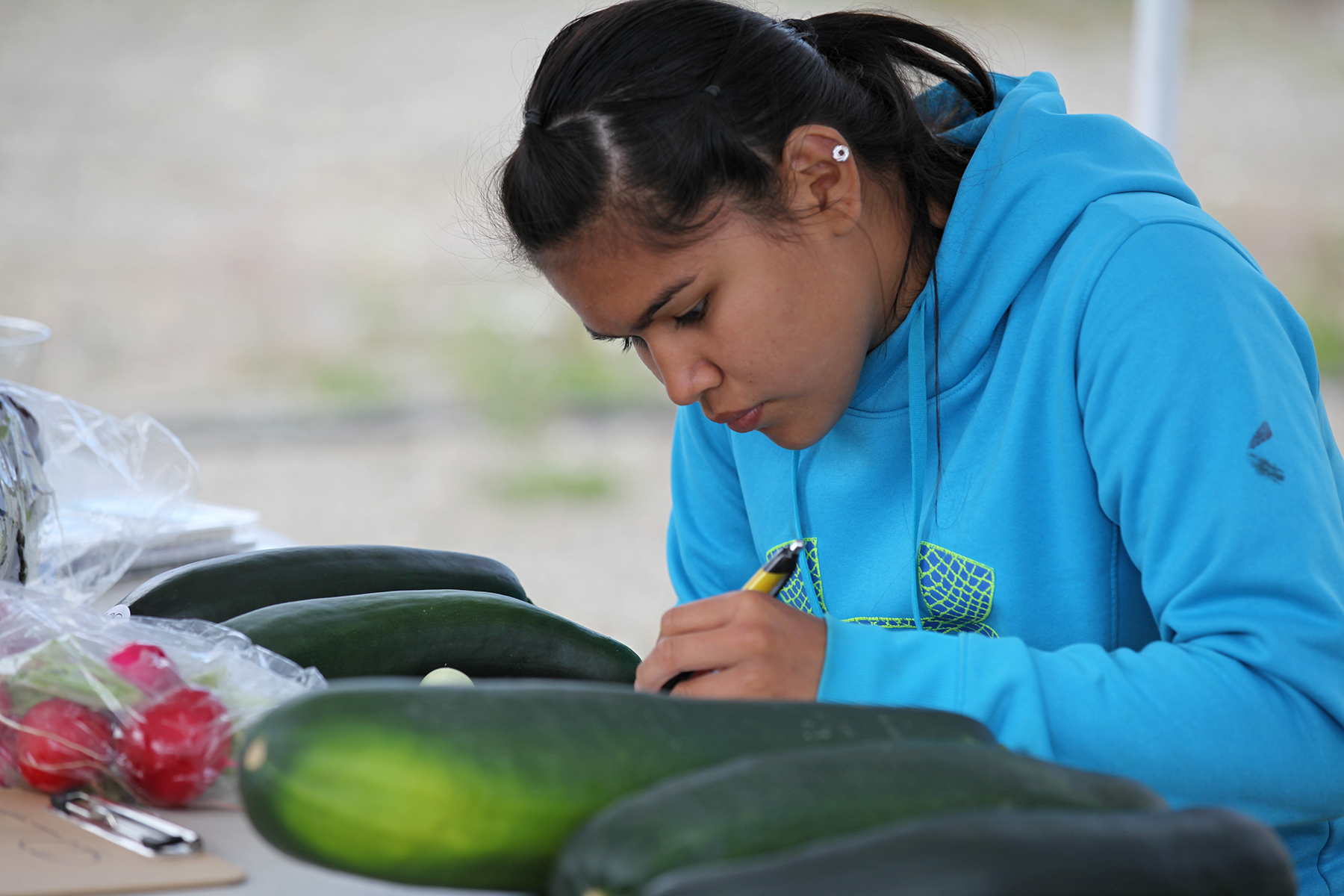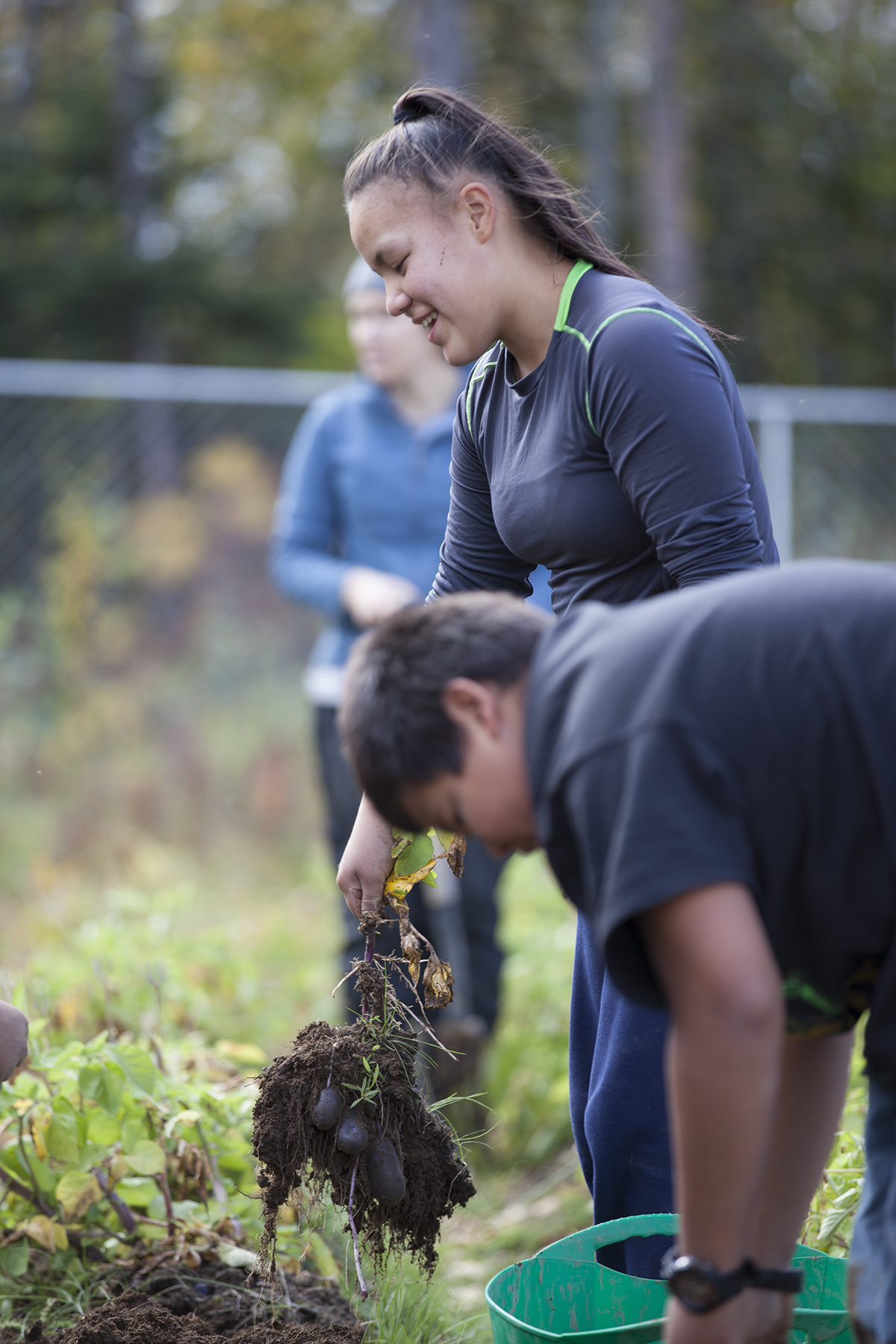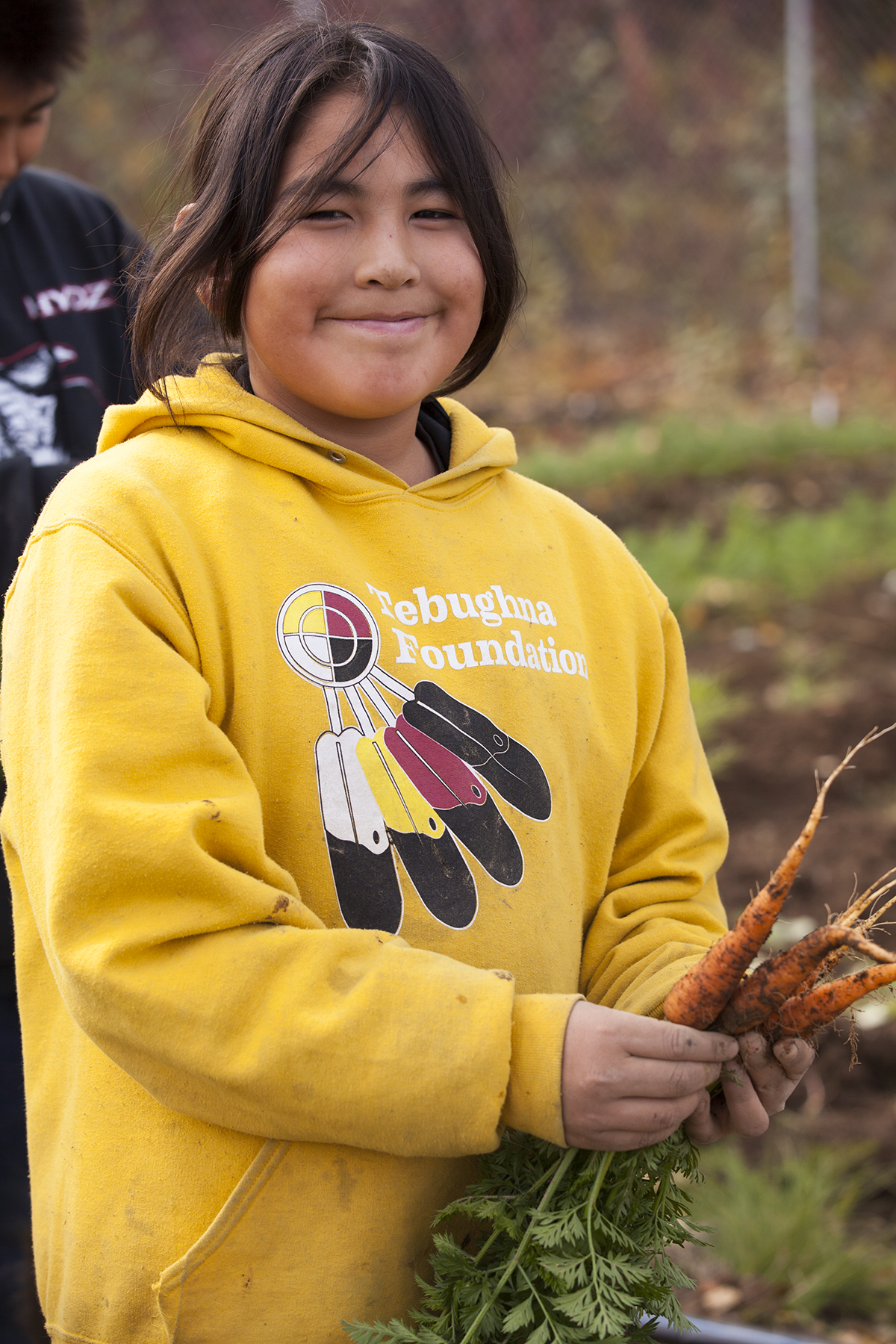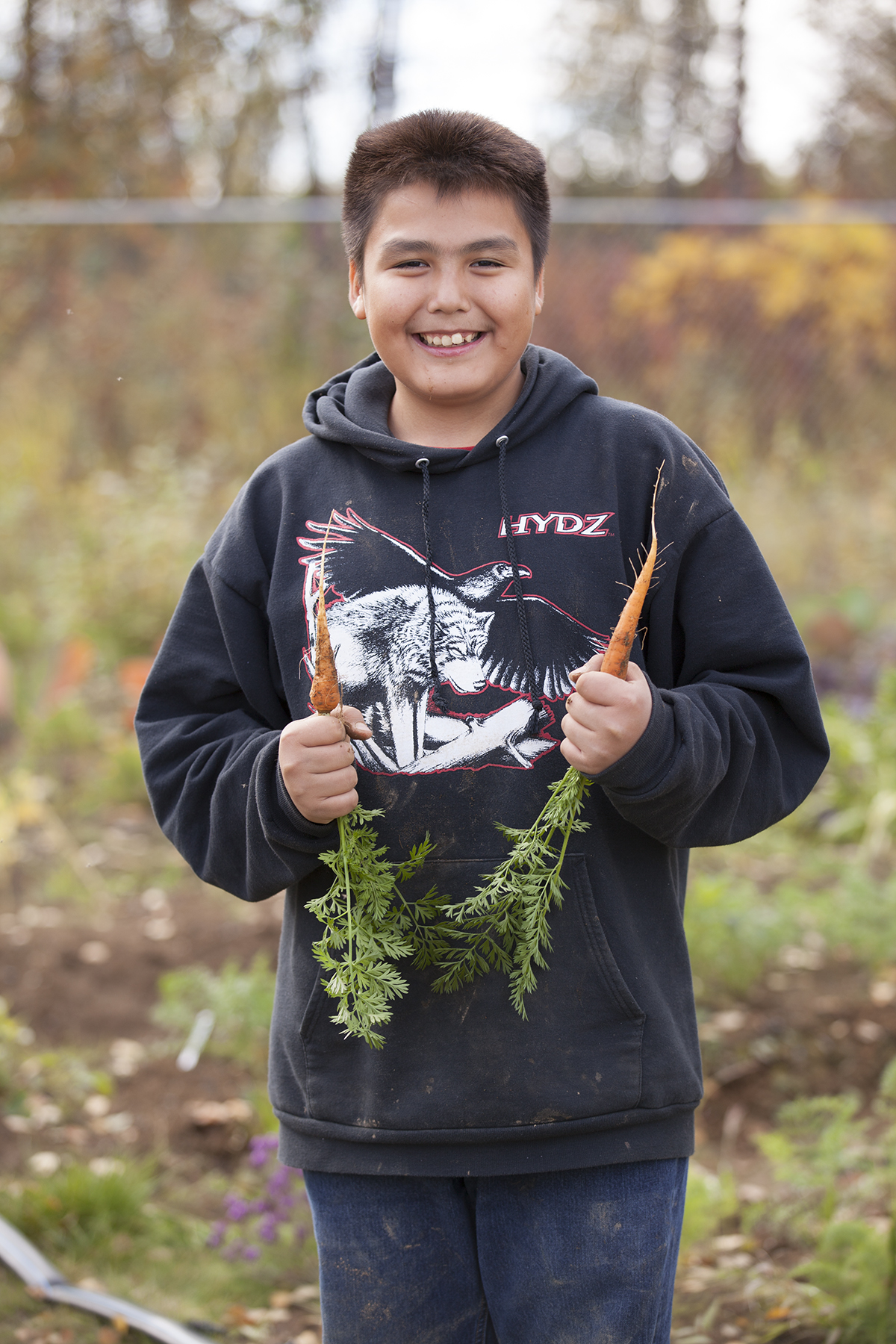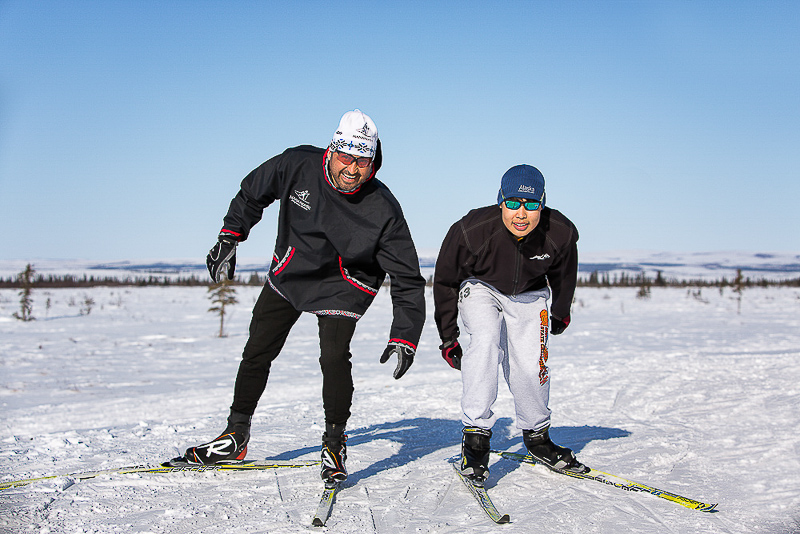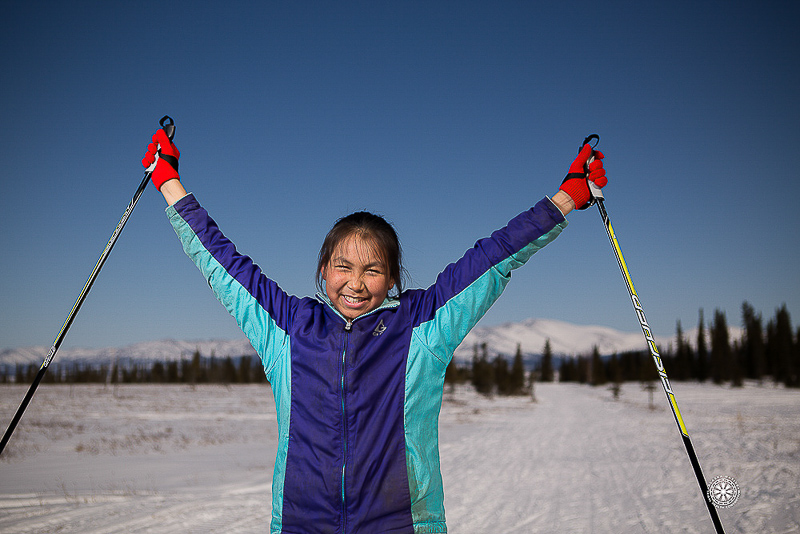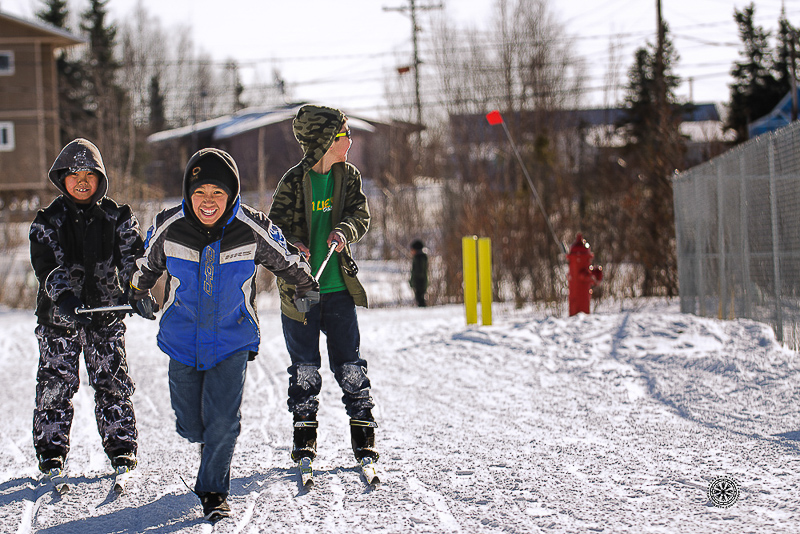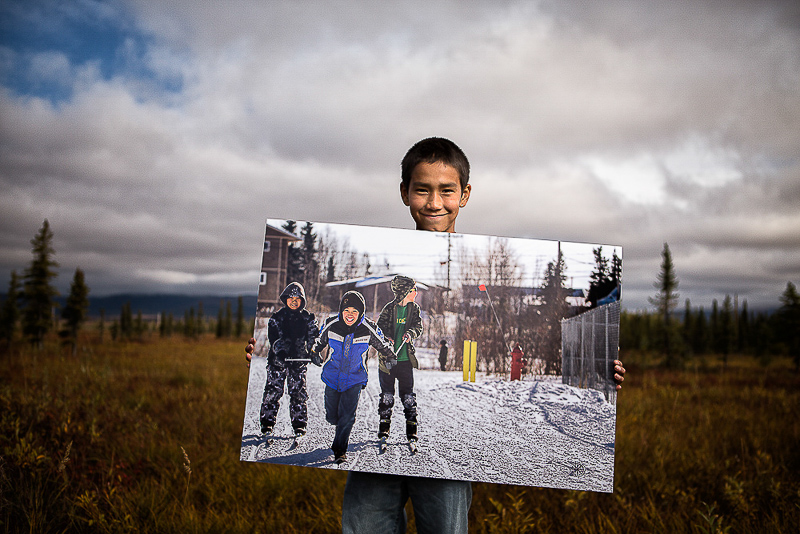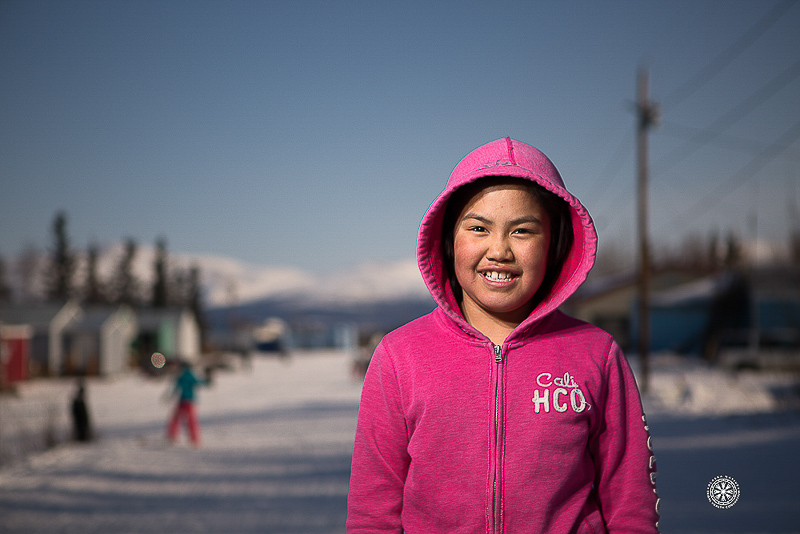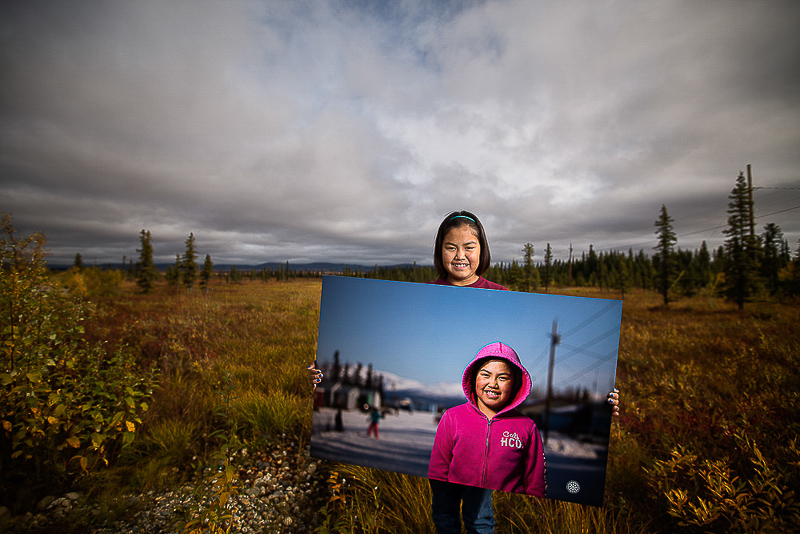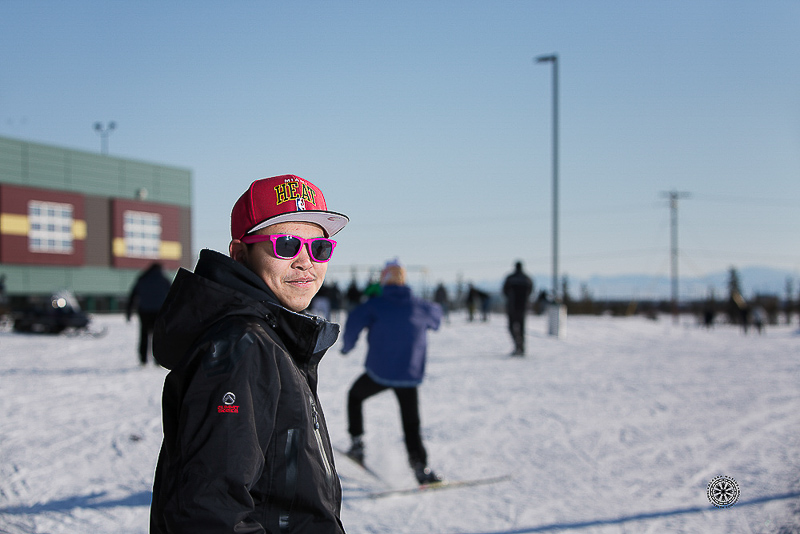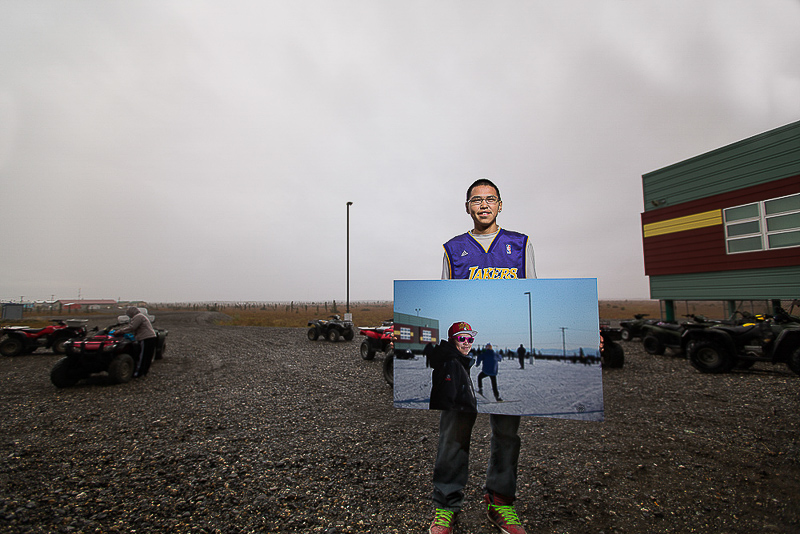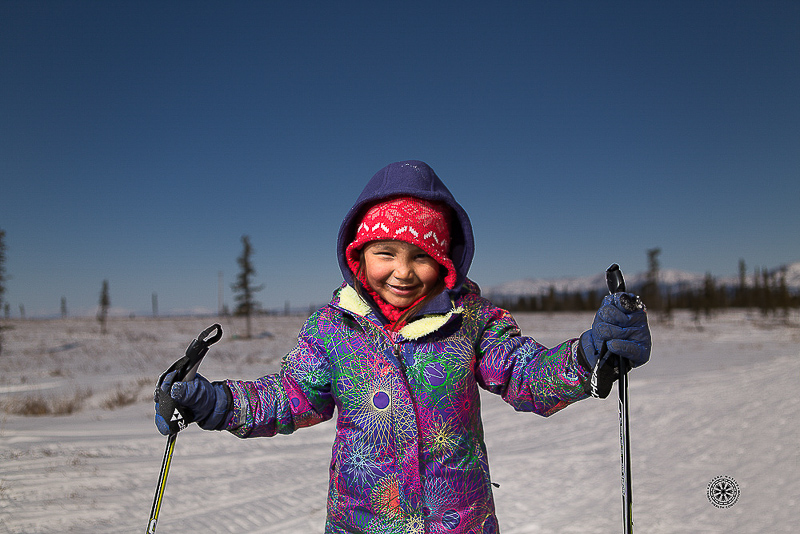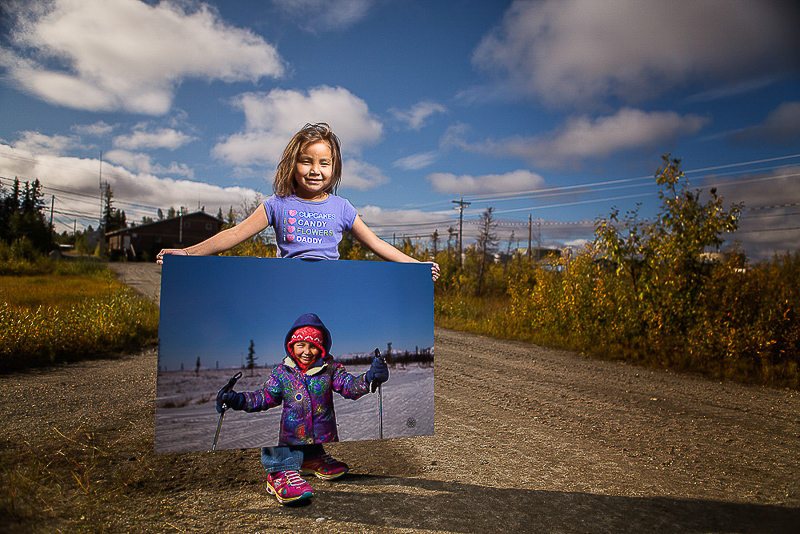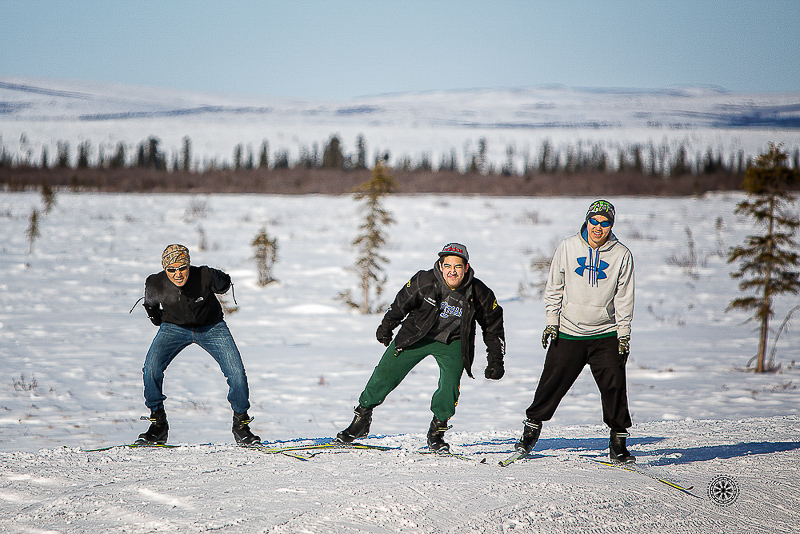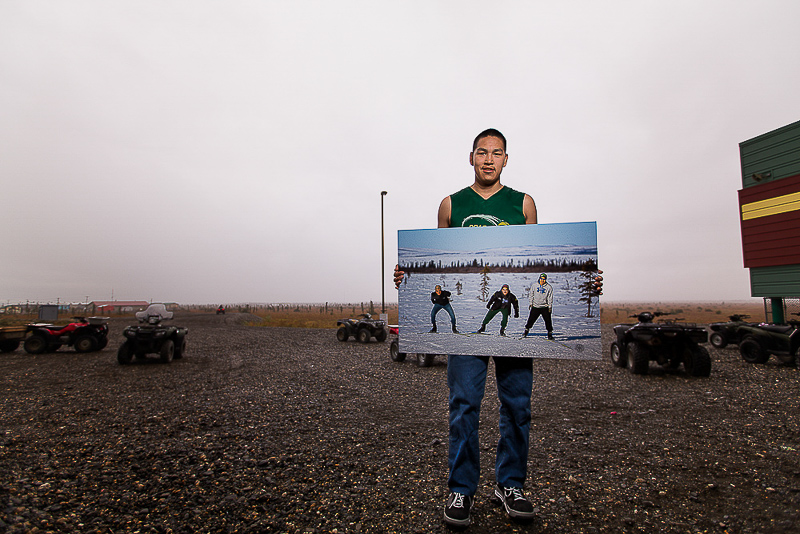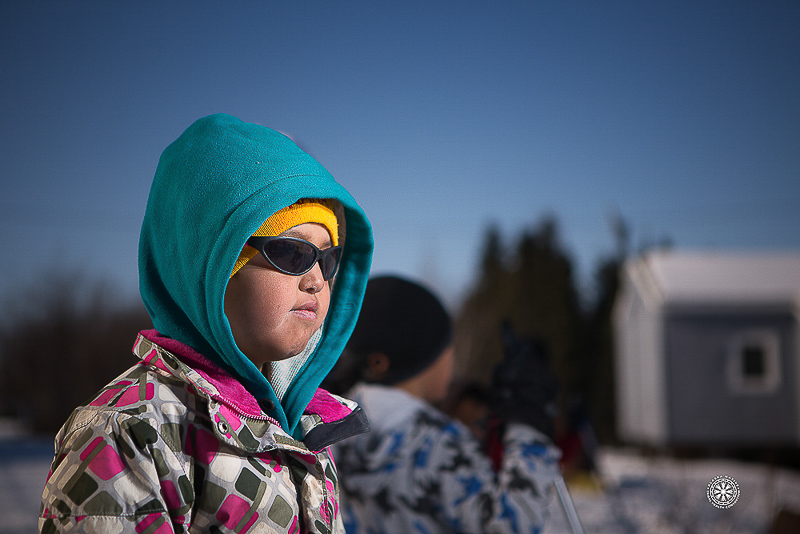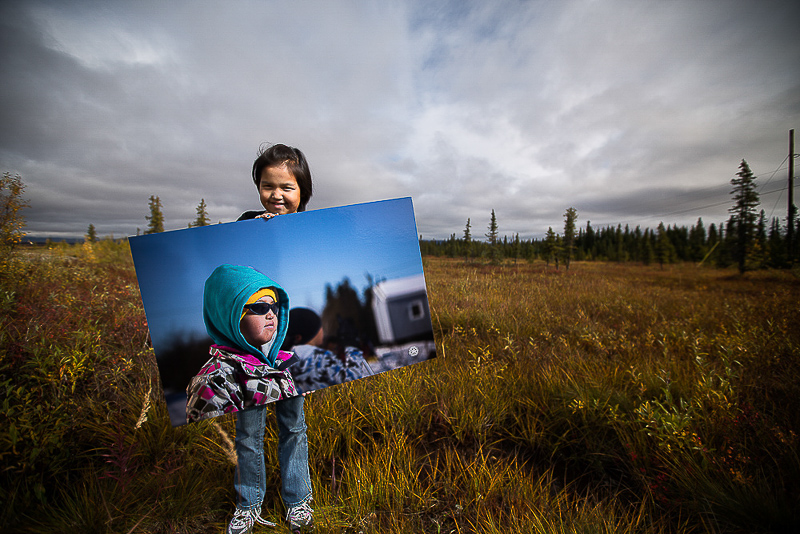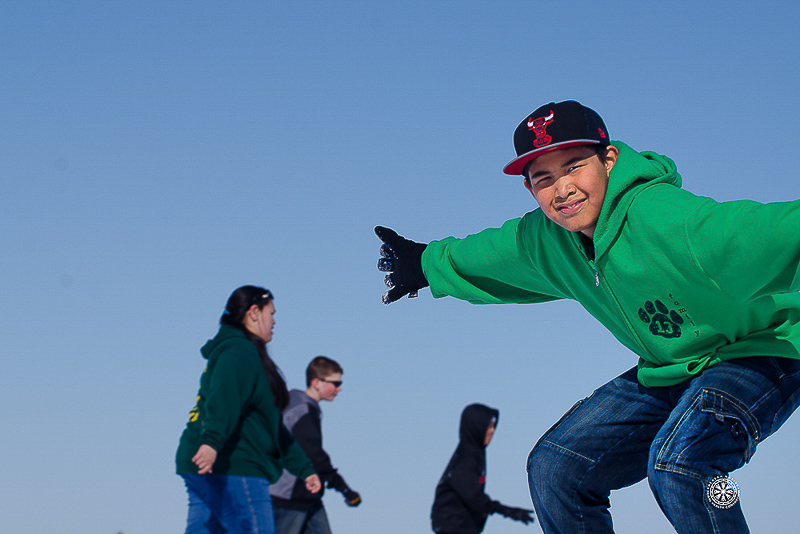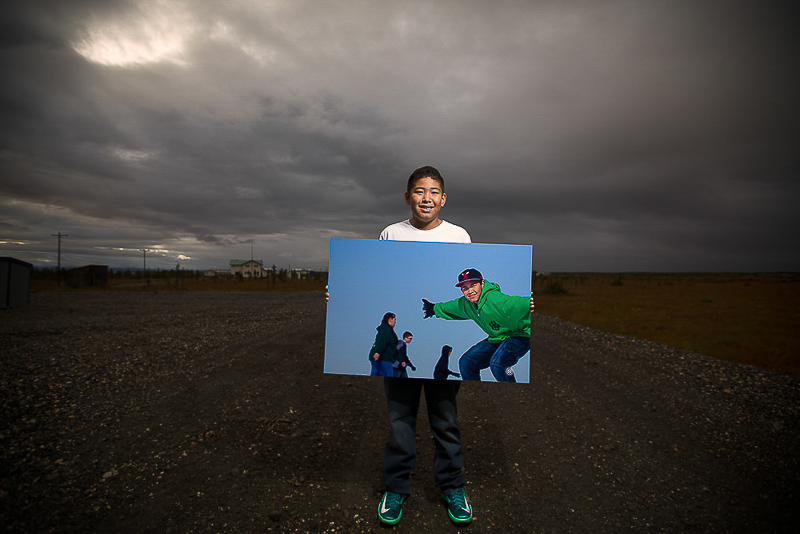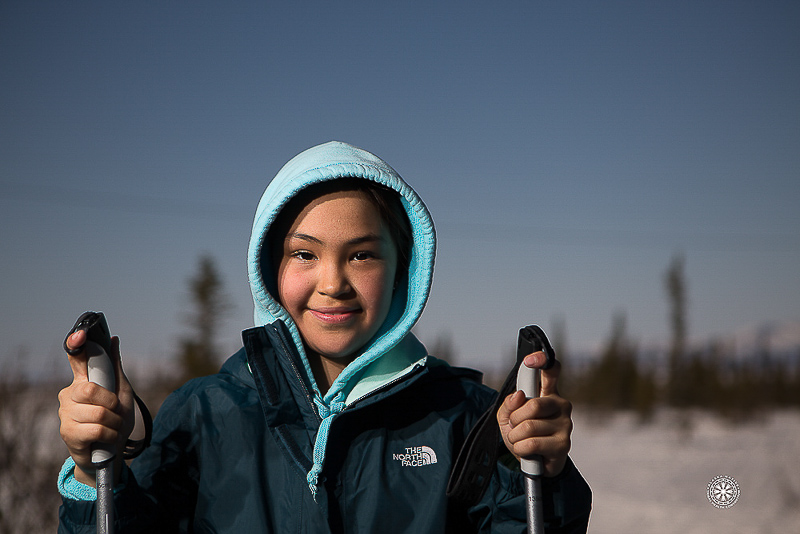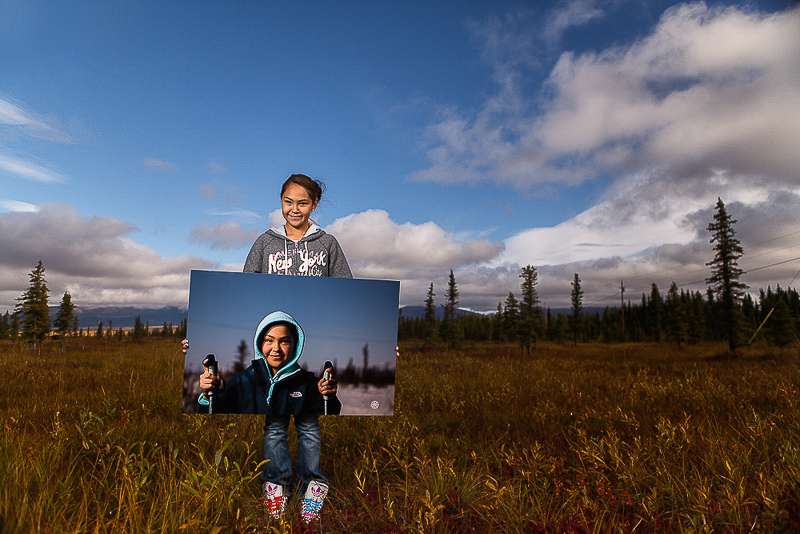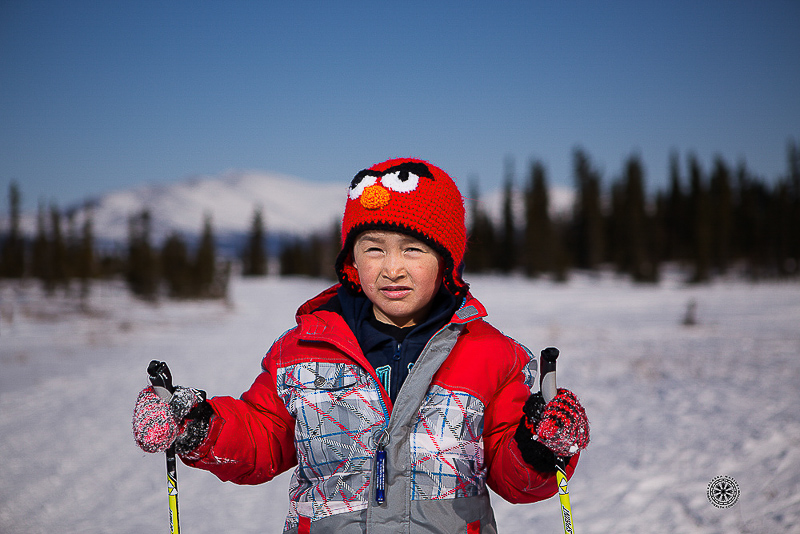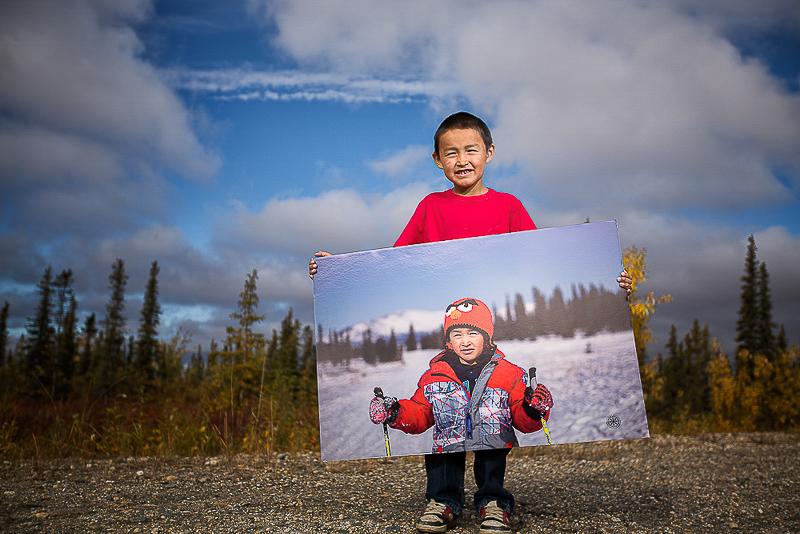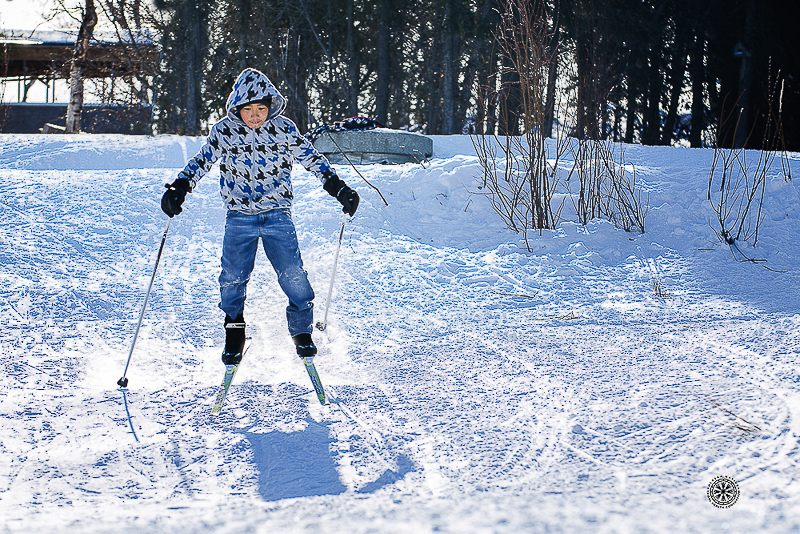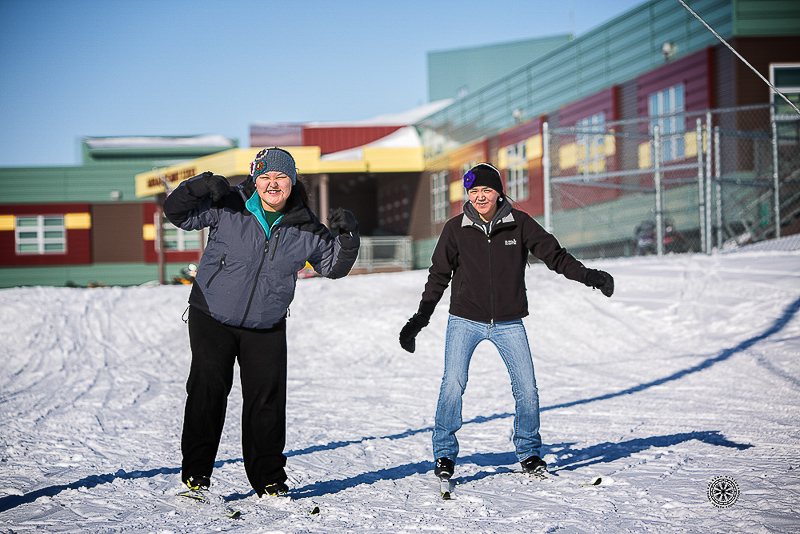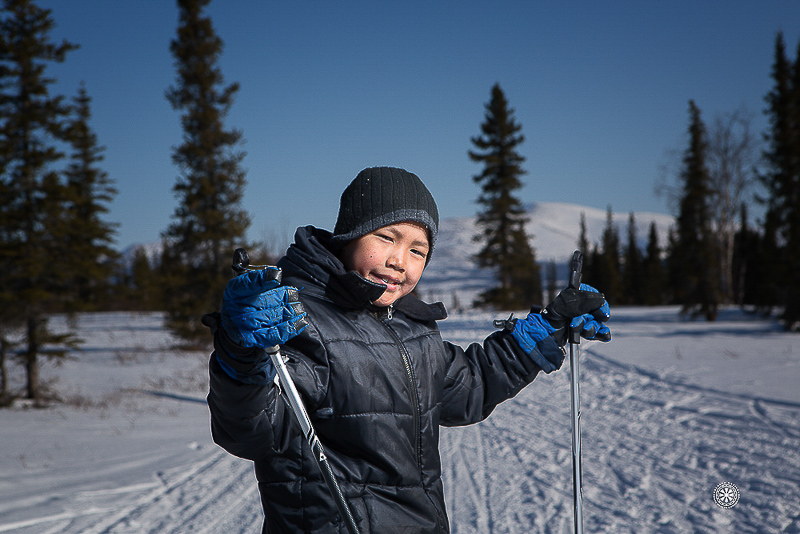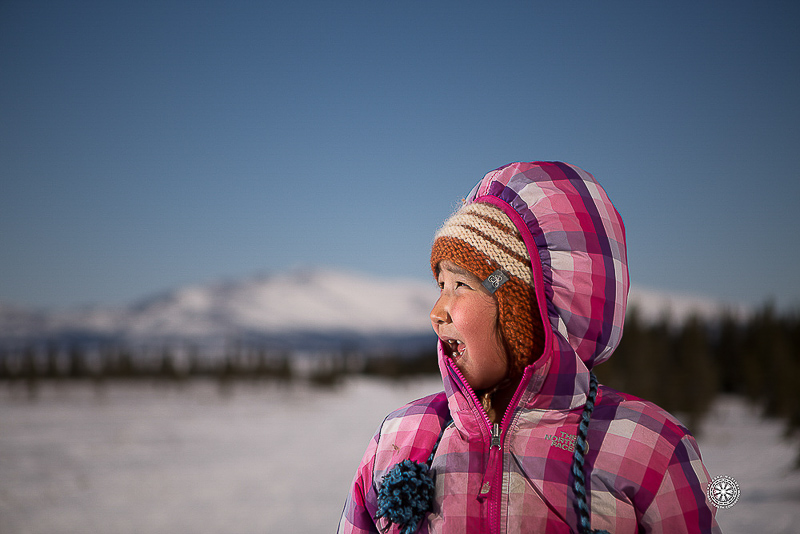
The Healthy Portraits Project
Celebrating Health and Wellness Across Alaska
The Healthy Portraits project highlights health success stories through photography. It celebrates communities making positive changes towards health and wellness. This project focuses on documenting and sharing culturally relevant community-based stories that make a difference to health. Photographs are returned back to the communities to celebrate successes and to inspire future generations.
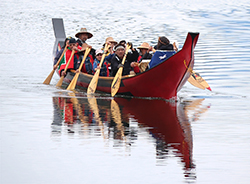
1. The Story
We find community-based health success stories that inspire, motivate, and bring communities together.
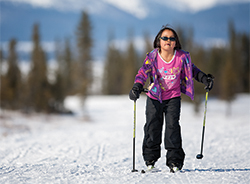
2. The Photos
We travel to each community to photograph the story.
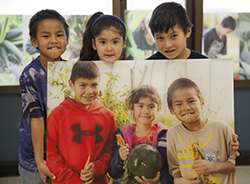
3. The Return
We return to the community to share the photos and to celebrate their health success story.
2017: Traditional Northern Dugout Canoes
Tlingit and Haida ancestors made a very reliable canoe for Alaska waters. The northern dugout canoe not only provided transportation throughout southeast Alaska, but also unified communities. Today a number of communities are reviving those efforts and celebrating the traditional dugout canoe.
The people of Hoonah and Haines are using indigenous watercraft as a way to improve mental health and build stronger communities. Under the guidance of Tlingit master carver Wayne Price of Haines, Alaska, these communities have built seafaring canoes using the traditional methods of their ancestors. These canoes are used for everything from daily canoe club practice to healing ceremonies and multi-day journeys.
Crafting and using a dugout canoe involves many people working in harmony, both socially and spiritually. Elders and youth sing together the old songs as they paddle across the waters to the beat of the drum. It can heal individuals and whole communities.
EpiCenter staff photographed the ceremonies surrounding the Huna Tribe’s canoe journey from Hoonah to their clan house in Glacier Bay National Park to celebrate the raising of the Eagle and Raven totems. In Haines, EpiCenter staff photographed North Tide Canoe Kwáan members paddling and sailing one of their northern dugout canoes. The Healthy Portrait photos hang in community buildings paying homage to this ancient and highly respected art form.
These canoes will be used for generations to come, bringing the traditional healthy lifestyles of the past into the present.
It’s a human emotion to want to heal. The medicine of Mother Nature provides what is needed to heal. We provide what is needed to get to the place to be able to heal.
— Wayne Price
2015: Tyonek Grown
The Alaska Native EpiCenter partnered with the Tyonek Tribal Conservation District (TTCD) to tell the story of the amazing community garden in the Native Village of Tyonek.
Elders in the community had been gardening for years, but it was fading. Aimed at providing fresh organic vegetables and enhancing food security, the village made it a priority in 2008 to start growing local vegetables. The 1.5 acre garden, which began in 2012, runs entirely on renewable energy, using solar-powered irrigation and ventilation systems. Two high tunnel greenhouses extend the growing season.
Every year, students from the Tebughna School become involved in everything from caring for seedlings to watering and weeding to harvesting produce. Four youth workers were also employed over the summer to help with garden tasks, running farmers markets, and delivering food to local Elders.
“The Tyonek garden celebrates local food resources, instilling hope for a healthy subsistence future,” said Nicole Swenson, TTCD Conservation Director & Garden Manager.
ANTHC EpiCenter staff visited the garden over the summer to photograph the garden blessing, cooking demonstrations, and harvests. Here is the photographic story of the Tyonek garden and the community members who made it happen.
The Tyonek garden is a place of wonder, respect, community, hard work, and reward. It’s a place where a shy, young girl digging up potatoes exclaims with excitement, “This is a miracle!”
— Nicole Swenson
2013: NANANordic
NANANordic’s goal is to introduce the lifetime sport of cross-country skiing to rural Alaska starting with villages in the NANA region.
In April 2013, 1,500 students were introduced to skate skiing in the 11 villages making up the NANA region. Additionally, NANANordic visited White Mountain in the Bering Strait Region and Anaktuvuk Pass in the North Slope Region.
Alaska Native EpiCenter staff traveled with NANANordic to the villages of Noatak and Shungnak to photograph NANANordic coaches and their students learning to cross country ski. In August of 2013, they returned to give the photos back to the communities. The photos are permanently displayed in the schools, where they will continue to inspire healthy lifestyle choices.
The Healthy Portraits project was funded by OMH grant number AIAMP120014.

